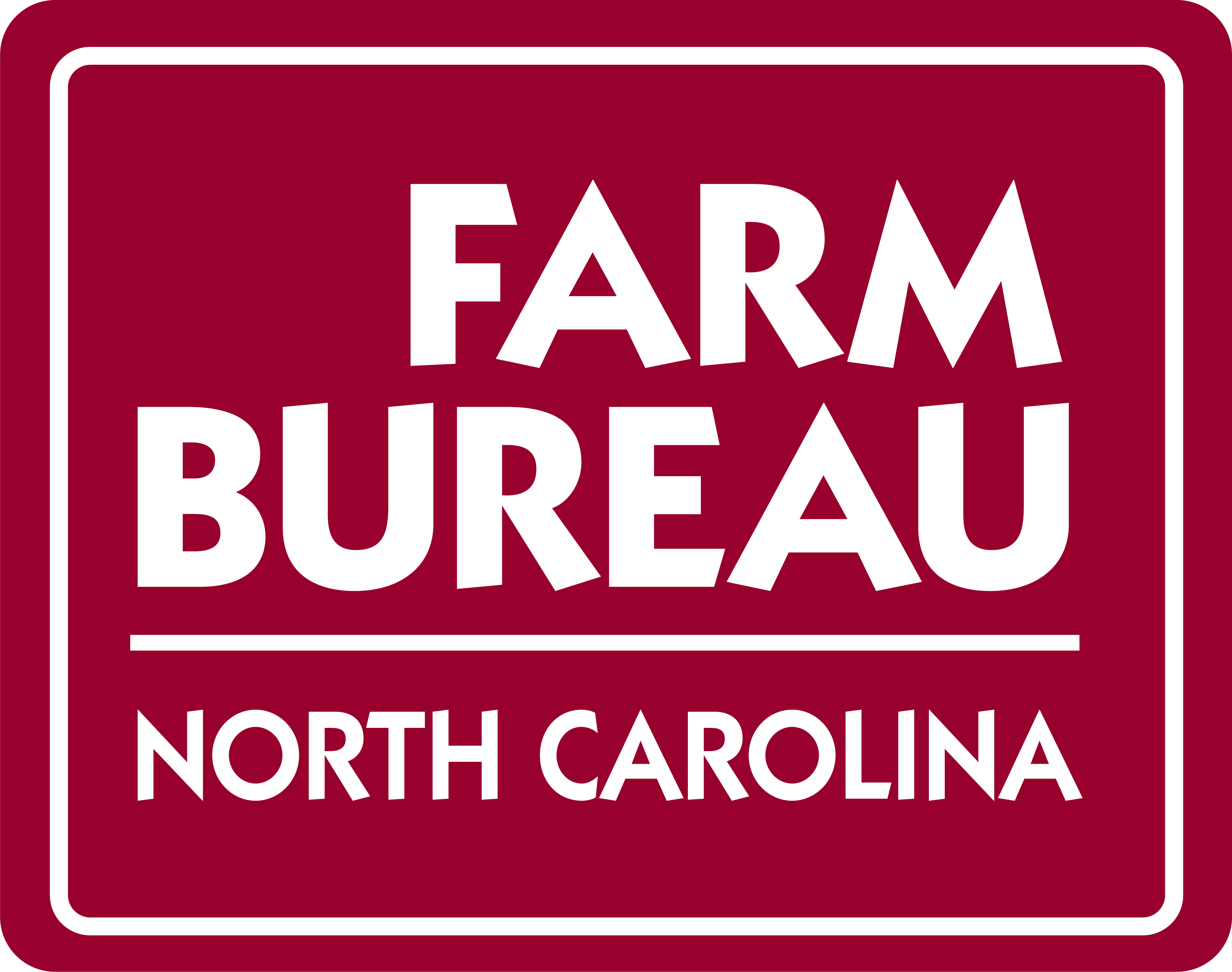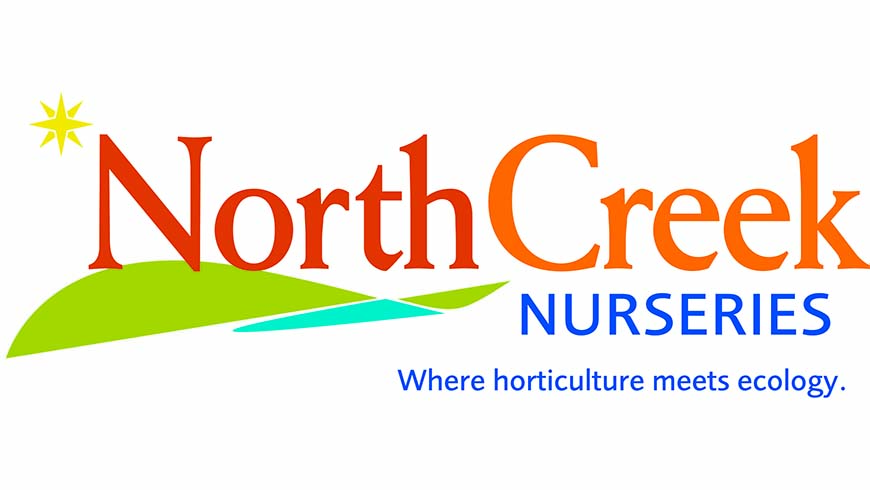Southeastern Plant Symposium and Rare Plant Auction
Hosted by the JC Raulston Arboretum and Juniper Level Botanic Garden
Friday, June 7 and Saturday, June 8, 2024
Schedule Presentations Speakers Registration Student Scholarships Hotel Sponsors Rare Plant Auction
The world of Horticulture is constantly growing as new plants, new techniques and new philosophies are perpetually generated by the passionate and prolific horticulturists who embody the field. The 2024 Southeastern Plant Symposium is your invitation to be amongst the first to learn about these plant innovations, and even rub elbows with the folks making them, with two incredible days of enlightening programming perfect for every plant lover!
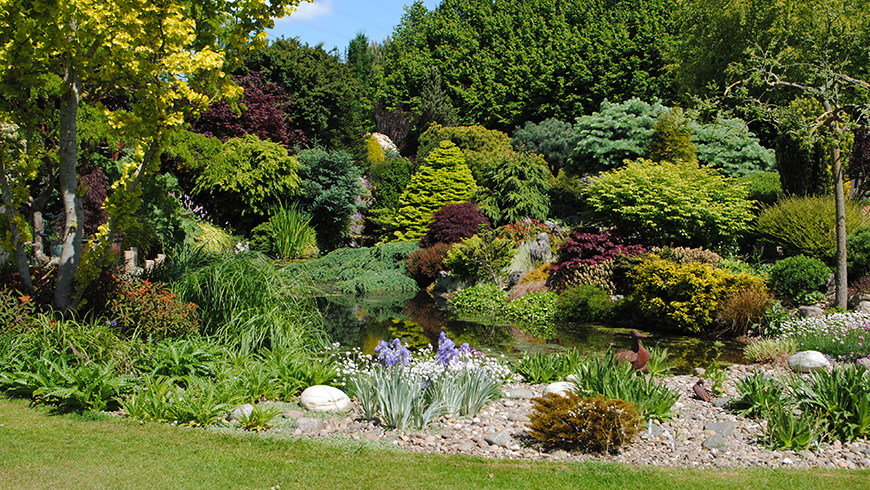
Join fellow plantaholics, plant geeks, nurserymen, gardeners and horticulturists to rethink and reinvigorate modern landscapes. We're talking plants outside our backdoors to plants around the world, low input but high impact performers, super-functional and beautiful to native, rare and unusual. This two-day deep dive into what's new and exciting in the plant world is one you won't want to miss!
Can't make it to Raleigh? Too busy in June to travel? This event will be live-streamed over Zoom and recordings of the presentations will be made available to all participants after the symposium. There's no excuse to miss a moment of this spectacular symposium!
Schedule
Friday, June 7
- 8:00 am
- Registration
- 9:00 am
- WelcomeTony Avent, Juniper Level Botanic Garden and Plant Delights NurseryMark Weathington, JC Raulston Arboretum
- 9:15 am
- C. Colston Burrell, Native Landscape Design"Redefining 'Right Plant, Right Place': A Gardener's Ecology" Morning Keynote Sponsored by August (Gus) A. De Hertogh Educational Endowment
- 10:15 am
- Morning BreakSponsored by Plant Development Services
- 10:45 am
- Dan Heims, Terra Nova Nurseries, Inc."Shade Gardening with New Perennials"
- 11:45 am
- Lunch
- 1:15 pm
- Lisa Roper, Chanticleer"The Chanticleer Gravel Garden"
- 2:15 pm
- Stretch Break
- 2:25 pm
- Kevin Vaughn"All the Other Irises"
- 3:25 pm
- Afternoon BreakSponsored by North Creek Nurseries
- 3:45 pm
- Sam Hoadley, Mt. Cuba Center"Knockout Natives"
- 4:45 pm
- Adjourn
- 6:00 pm
- Evening Dinner and Presentation (additional registration fee)Sponsored by Proven Winners
- 7:30 pm
- Janet Draper, Smithsonian Gardens"Chasing New Knowledge among Perennial Change"
- 8:30 pm
- Adjourn
Saturday, June 8
- 8:30 am
- Registration
- 9:00 am
- WelcomeTony Avent, Juniper Level Botanic Garden and Plant Delights NurseryMark Weathington, JC Raulston Arboretum
- 9:15 am
- Keith Wiley, Wildside"Plant-welcoming Design: A New Approach to Naturalistic Garden-making"Morning Keynote Sponsored by First Editions Shrubs & Trees
- 10:15 am
- Morning BreakSponsored by North Carolina Farm Bureau
- 10:30 am
- Jim Locklear, Lauritzen Gardens"Garden Treasures from America's Grasslands: The Legacy of Claude Barr"
- 11:15 am
- Kevin Vaughn"Not Your Grandmother's Sempervivum"
- 11:45 am
- Lunch
- 1:15 pm
- Dawn Stover, United States Department of Agriculture, Natural Resources Conservation Service"Welcome to the Zone 8 Mafia: Musings from the Southern Garden Girl"
- 2:00 pm
- Tony Avent, Juniper Level Botanic Garden"Surprise, Surprise, Surprise — The Magical World of Lycoris"
- 2:30 pm
- Afternoon Break
- 3:00 pm
- Auction closes
- 3:00 pm
- Patrick McMillan, Downtown Cary Park"That's No Place for Ferns! Sun-loving Ferns for Southeastern Landscapes"
- 3:30 pm
- Amanda Bennett, Atlanta Botanical Garden"Orchid Dreams"
- 4:15 pm
- Concluding remarksTony Avent, Juniper Level Botanic Garden and Plant Delights NurseryMark Weathington, JC Raulston Arboretum
- 4:30 pm
- AdjournAuction checkout
Presentations
Friday Presentations
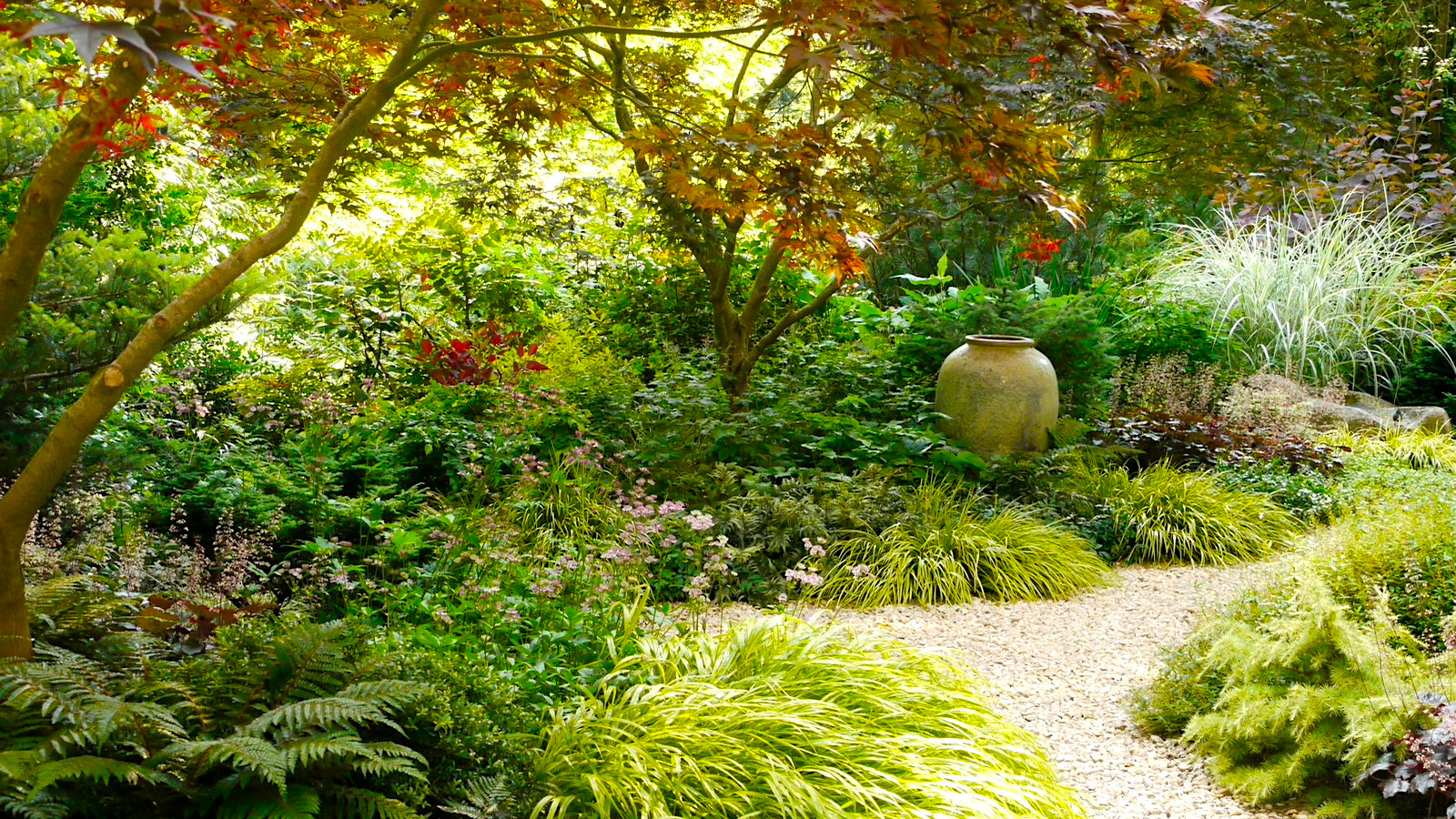
"Redefining 'Right Plant, Right Place': A Gardener's Ecology"
Colston BurrellGarden Designer, Award-winning Author and PhotographerNative Landscape Design, Free Union, Va.
"Right Plant, Right Place" is the gardener's axiom. We all know these words by heart, but do we really put them to work for us when we design gardens and specify plants. Traditionally, we think of matching soil, water and light, and making sure the plant is the appropriate size for the space. But what about the larger ecological context in which we garden? When we plant a flood plain species in an upland, is it really right plant, right place? Using nature as a model, we explore the adaptations that allow plants to cope with the breadth of conditions Mother Nature can dish out. With nature in mind, we combine site appropriate plants to fashion beautiful gardens.

C. Colston Burrell is an acclaimed lecturer, garden designer, award-winning author and photographer. A certified chlorophyll addict, Cole is an avid and lifelong plantsman, gardener and naturalist. He has twice won the American Horticulture Society Book Award for Hellebores: A Comprehensive Guide, Timber Press, in 2007, and for A Gardner’s Encyclopedia of Wildflowers, Rodale Press, in 1998. Cole received the Award of Distinction from the Association of Professional Landscape Designers for his work promoting sustainable gardening practices.
He has an M.S. in Horticulture from University of Maryland and a Master of Landscape Architecture degree from the University of Minnesota. He is a lecturer in the College of Architecture and Landscape Architecture at the University of Virginia, where he teaches about plants and their ecological connections to natural systems and cultural landscapes.
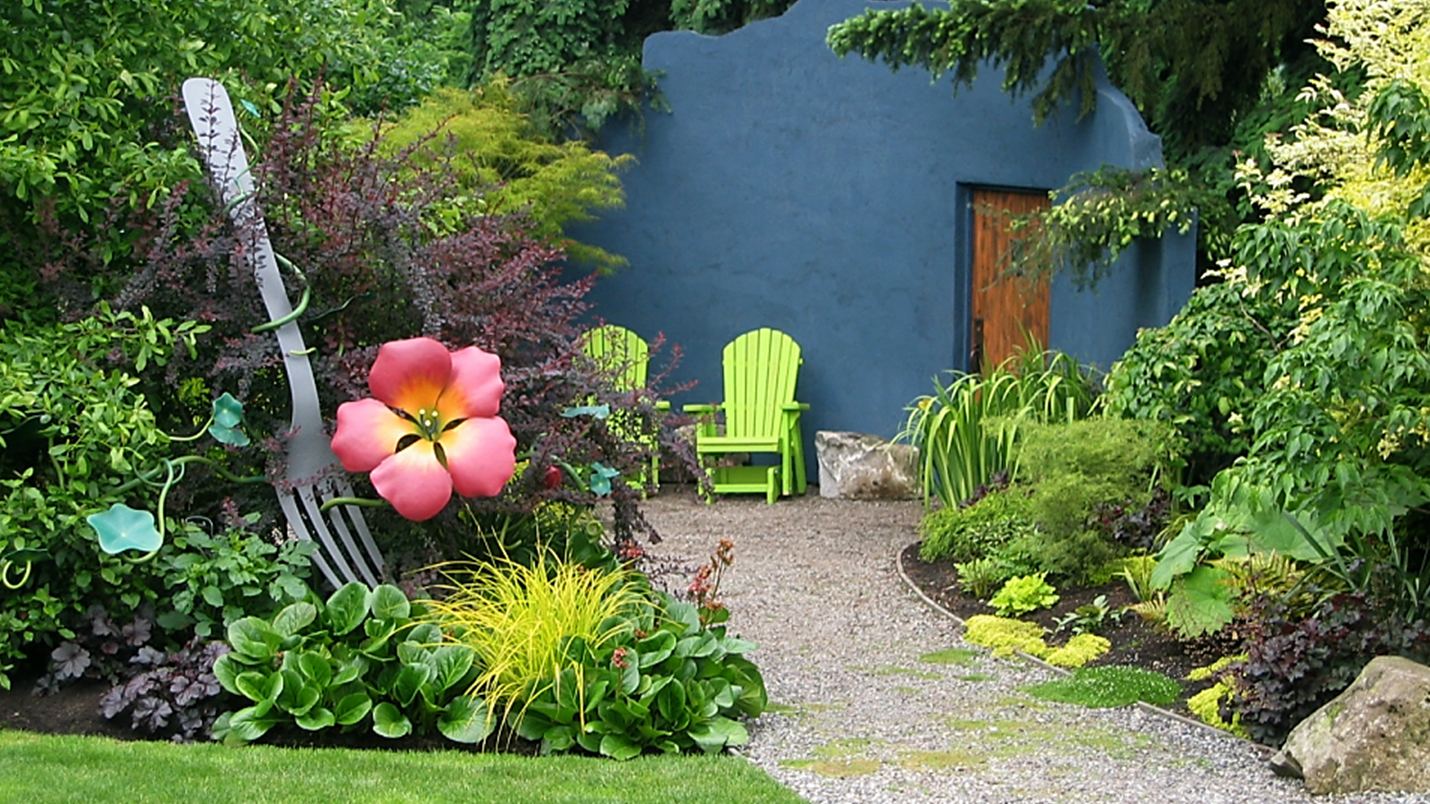
"Shade Gardening with New Perennials"
Dan HeimsPresident, Terra Nova Nurseries, Inc.Tigard, Oregon
Discover how to master different types of shade and learn how to conquer the problems of root and light competition. Drool over gorgeous plant combinations that feature an overview of new perennials and old favorites. Dry shade? You'd be surprised what thrives there! Also, find out how to create spectacular shade containers. Some cool and surprising plant offerings are in store.

Since 1973, Dan Heims has been deeply involved in all facets of horticulture. He's currently the president of Terra Nova Nurseries, Inc., a company noted for its 1300 new introductions to horticulture. Dan's articles and photography have been featured in a number of magazines.
He has taught horticulture courses, wholesaled exotic plants, and run his own design and build landscape business. He has hosted a weekly gardening show on radio (KKSN) and has appeared on The Martha Stewart Show, Martha Stewart Living Channel, Homegrown, and on BBC. Dan's work and garden have been featured in USA Today and several magazines. He was honored by The American Horticultural Society with the Luther Burbank Breeding Award, as well as the Perennial Plant Association's Award of Merit. He was honored by receiving the Royal Horticultural Society's Reginald Cory Cup for advancements in breeding.
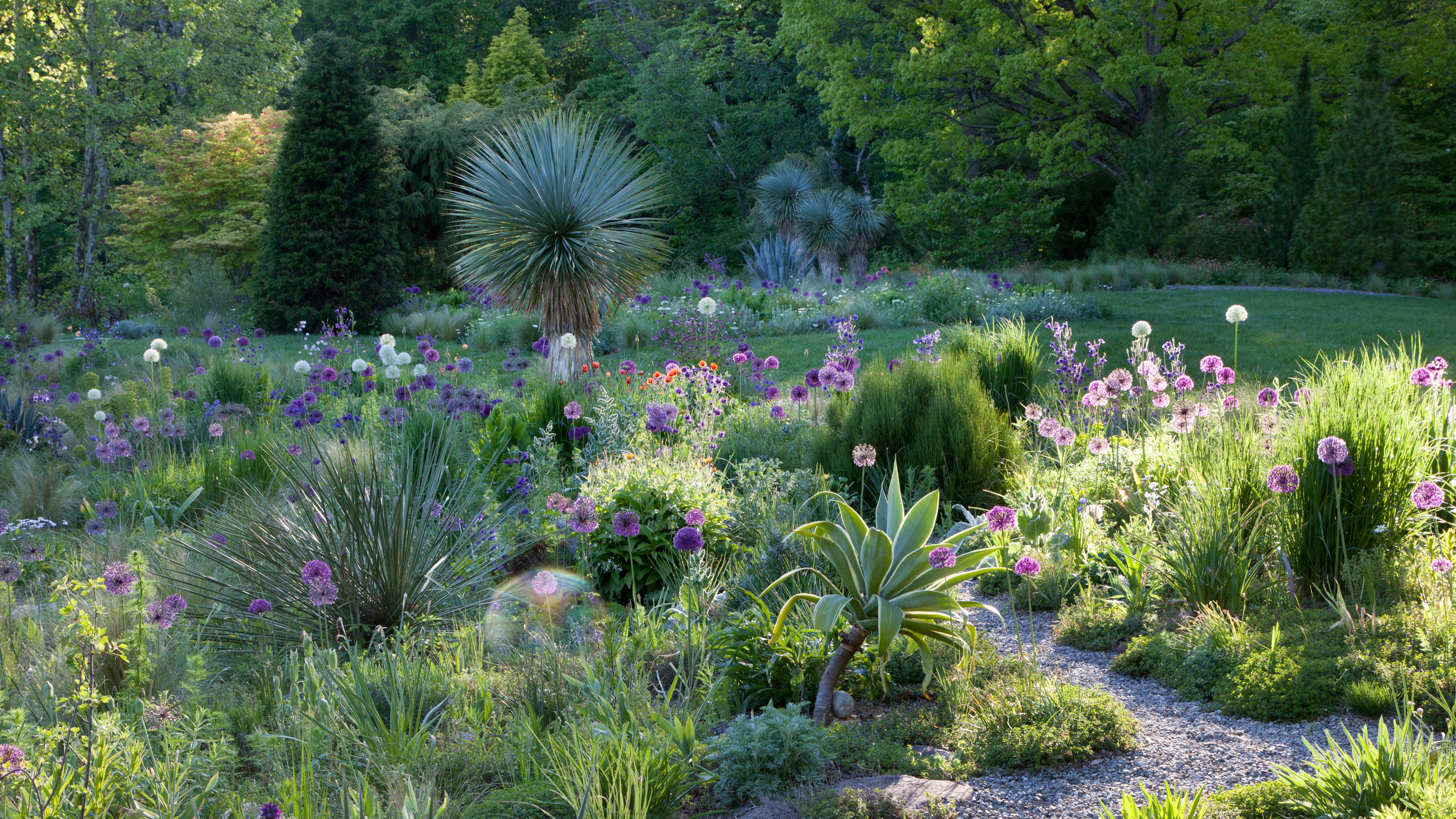
"The Chanticleer Gravel Garden"
Lisa RoperGravel Garden and Ruin Horticulturist, ChanticleerWayne, Pennsylvania
For the past ten years, Lisa Roper has managed the Gravel Garden at the renowned public garden, Chanticleer in Wayne, Pennsylvania. A gently sloping site planted with a mix of fine textured grasses, gray-leafed Mediterranean plants, drought tolerant perennials, annuals and hardy succulents, the gravel garden is a stunning and unique landscape. Lisa will introduce some of her favorite plants, talk about plant combinations, her naturalistic design approach and different gravel mixes.
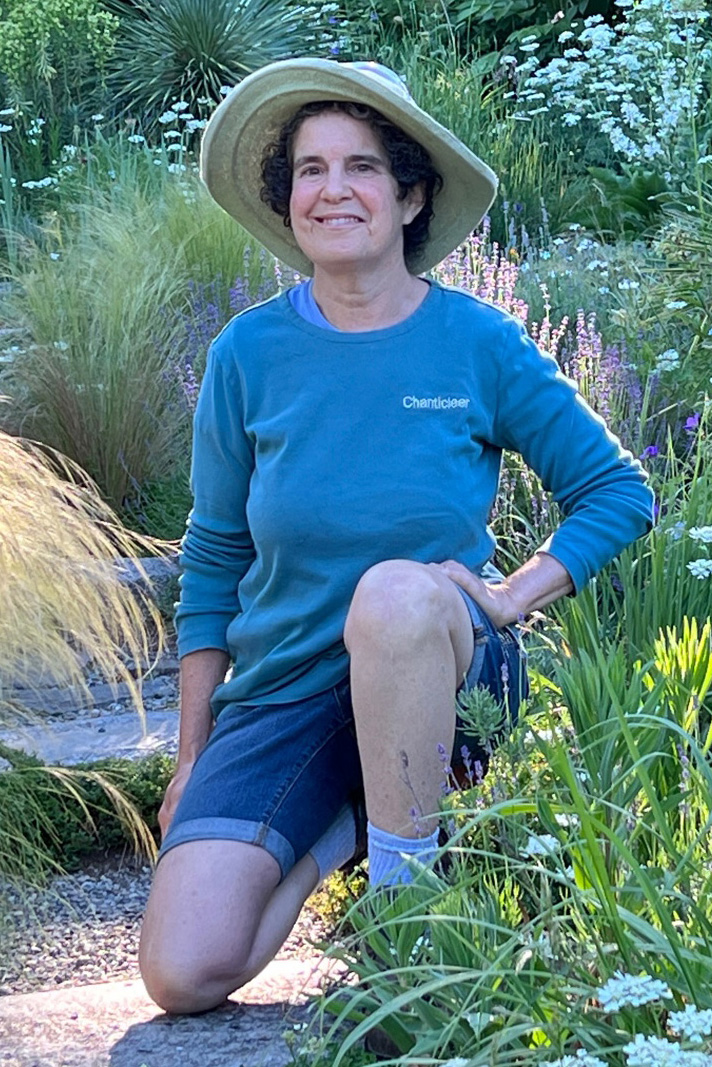
Lisa Roper is the Gravel Garden and Ruin horticulturist at Chanticleer, a public garden in Wayne, Pennsylvania where she has gardened for the past 34 years in various parts of the garden. Lisa also photographs Chanticleer Garden weekly for What's in Bloom on the Chanticleer website.
Lisa has a BFA in fine art from The Cooper Union in NYC where she studied fine art and photography. She is a graduate of the Longwood Gardens Professional Gardener Training Program. Lisa has been a guest gardener at Stellenbosch University Garden in South Africa and Great Dixter in East Sussex, England. She is also a contributor to The Art of Gardening: Design Inspiration and Innovative Planting Techniques from Chanticleer.
In her spare time, she gardens at home with her husband, Allan Summers, and a flock of chickens who nibble the insects as she weeds.
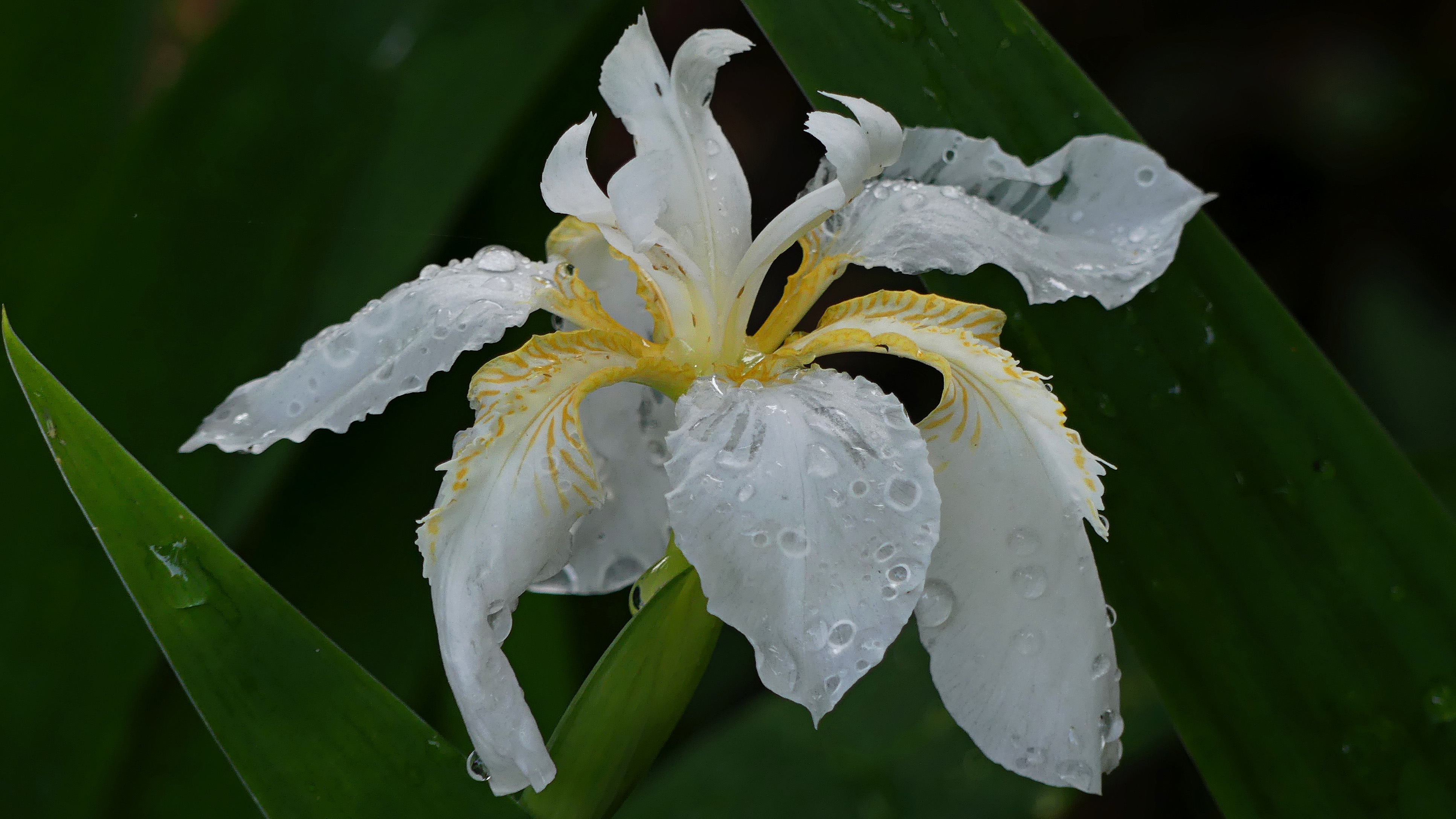
"All the Other Irises"
Kevin VaughnAuthor and HybridizerSalem, Oregon
Tall bearded irises are one of the jewels of the spring garden but they can be difficult garden subjects in certain climates, cultural situations as they require more full sun and well-drained (but moisture retentive) soil. Luckily, the genus Iris is full of plants that will grow in almost any garden situation. Within the bearded irises, the dwarf and median irises contain species and hybrids with unique flower colors and patterns, smaller stalks creating more compact plants with increased resistance to rot and other diseases. Moreover, these types extend the iris season by four to six weeks. In the beardless irises, many improvements have been made in the traditional Siberian, Japanese, spuria and Louisiana iris groups, including repeat bloomers and novel colors. Hybridizers have become more adventurous with other beardless species both in improving the species itself but also making hybrids between both related and unrelated species. The results have been spectacular and whole new types of irises have recently appeared on the market. These hybrids extend the time of iris bloom from winter to fall. No longer do iris growers have to settle for a limited bloom time or growing irises in a limited type of gardening situations.

Kevin Vaughn has been hybridizing plants since age 9 (61 years!!) with work on irises, hostas, and Sempervivum being part of these early efforts. His curiosity about plant genetics led him to a pursue a Ph.D. in plant genetics, where he researched the genetics of variegation in Hosta. After graduate school, Kevin spent 30 years as a research cell biologist for the USDA in Stoneville, Mississippi where he investigated weeds and herbicides but also hybridized irises, daylilies, daffodils and Tradescantia.
After retirement in 2010, Kevin moved to Salem, Oregon to pursue hybridizing more aggressively and restarted his Sempervivum program as well as extending the iris, daffodil and dayliliy hybridizing. Presently over 200 varieties of plants have been introduced and more are being ramped into production each year. Besides his hybridizing work, Kevin has authored and co-authored three books on irises and one on Sempervivum.
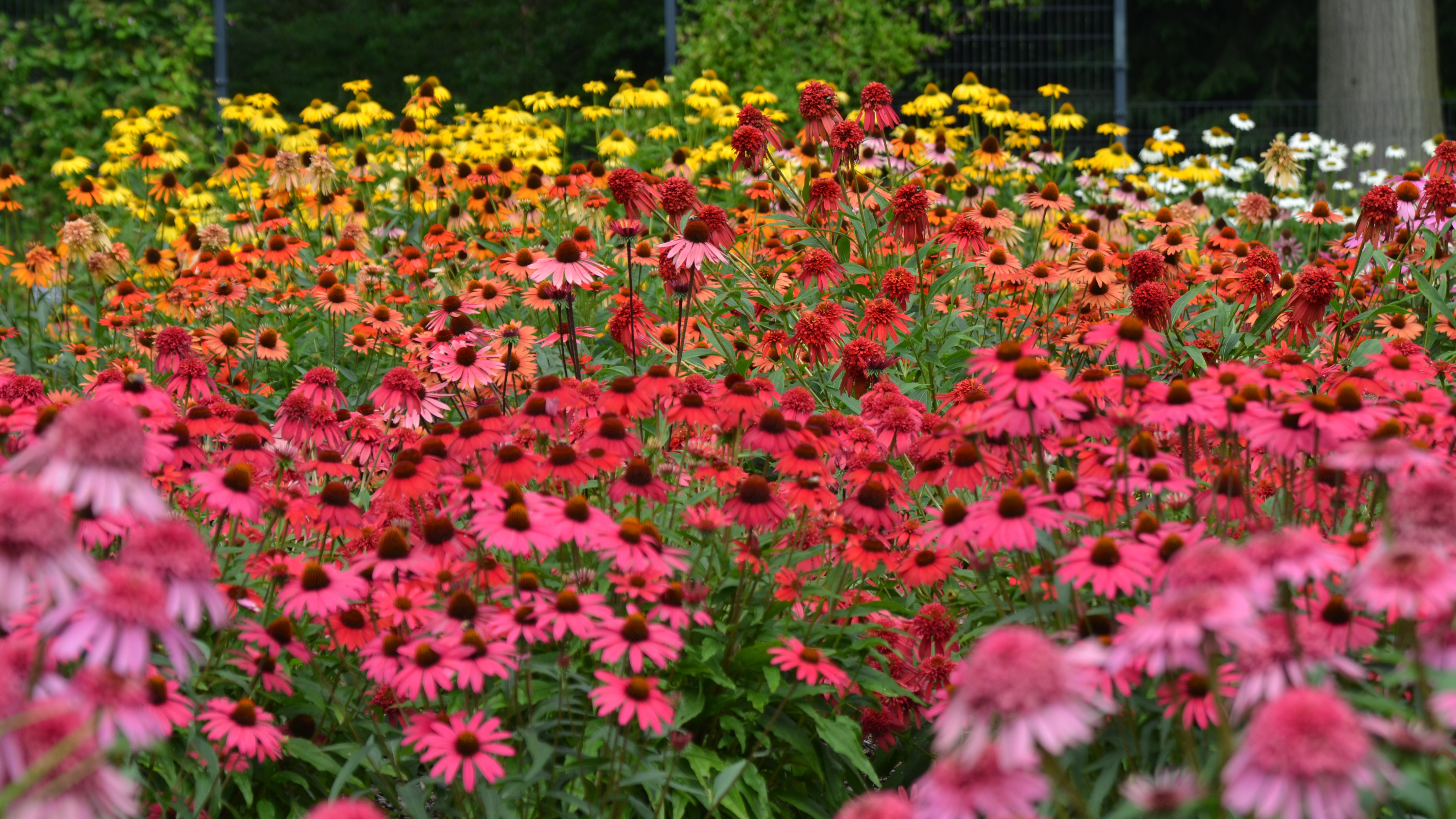
"Knockout Natives"
Sam HoadleyManager of Horticultural Research, Mt. Cuba CenterHockessin, Delaware
Join Sam Hoadley, the Manager of Horticultural Research at Mt. Cuba Center, as he highlights knockout native species and cultivars from their trials. Top performers and favorites of Monarda, Phlox, Echinacea, wild hydrangea, Carex and Amsonia represent some of the best native plants for the mid-Atlantic region and beyond. Sam will discuss their horticultural and ecological performance and will share important information on standouts that will make beautiful additions to your garden.
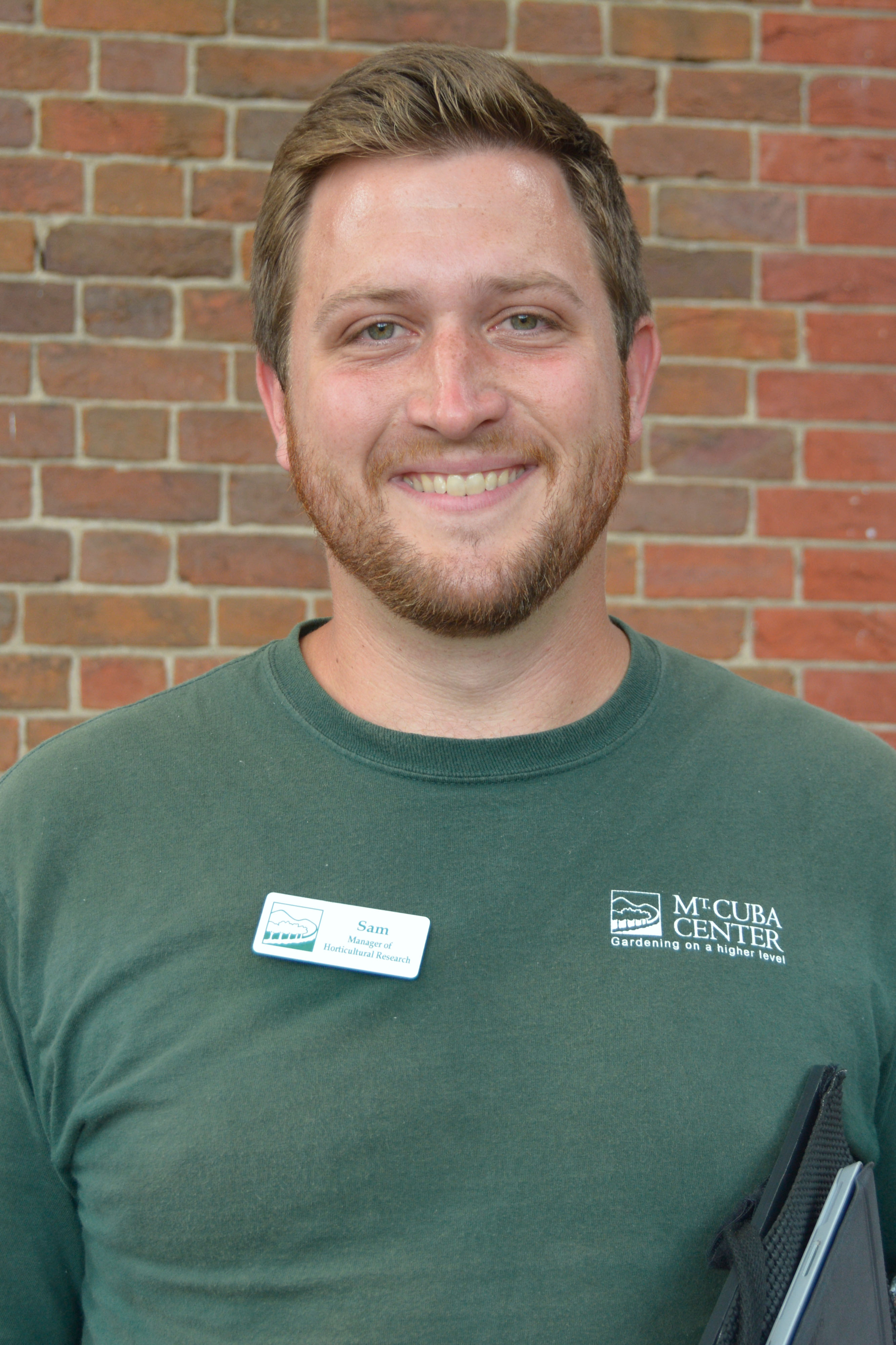
Sam Hoadley is the Manager of Horticultural Research at Mt. Cuba Center where he evaluates native plant species, old and new cultivars, and hybrids in the Trial Garden. In 2023, Sam was selected as a member of Greenhouse Product News's "40 under 40", a program that awards horticultural professionals for their "superior leadership, creativity, compassion and innovative thinking."
Sam started in his role at Mt. Cuba in March 2019 and since then has authored several research reports including Helenium, Echinacea, and Wild Hydrangea for the Mid-Atlantic Region. Most recently, he released a very well-received and highly anticipated report on Carex. Sam earned his degree in Sustainable Landscape Horticulture from the University of Vermont.
Friday Evening Dinner Presentation(additional registration fee required)
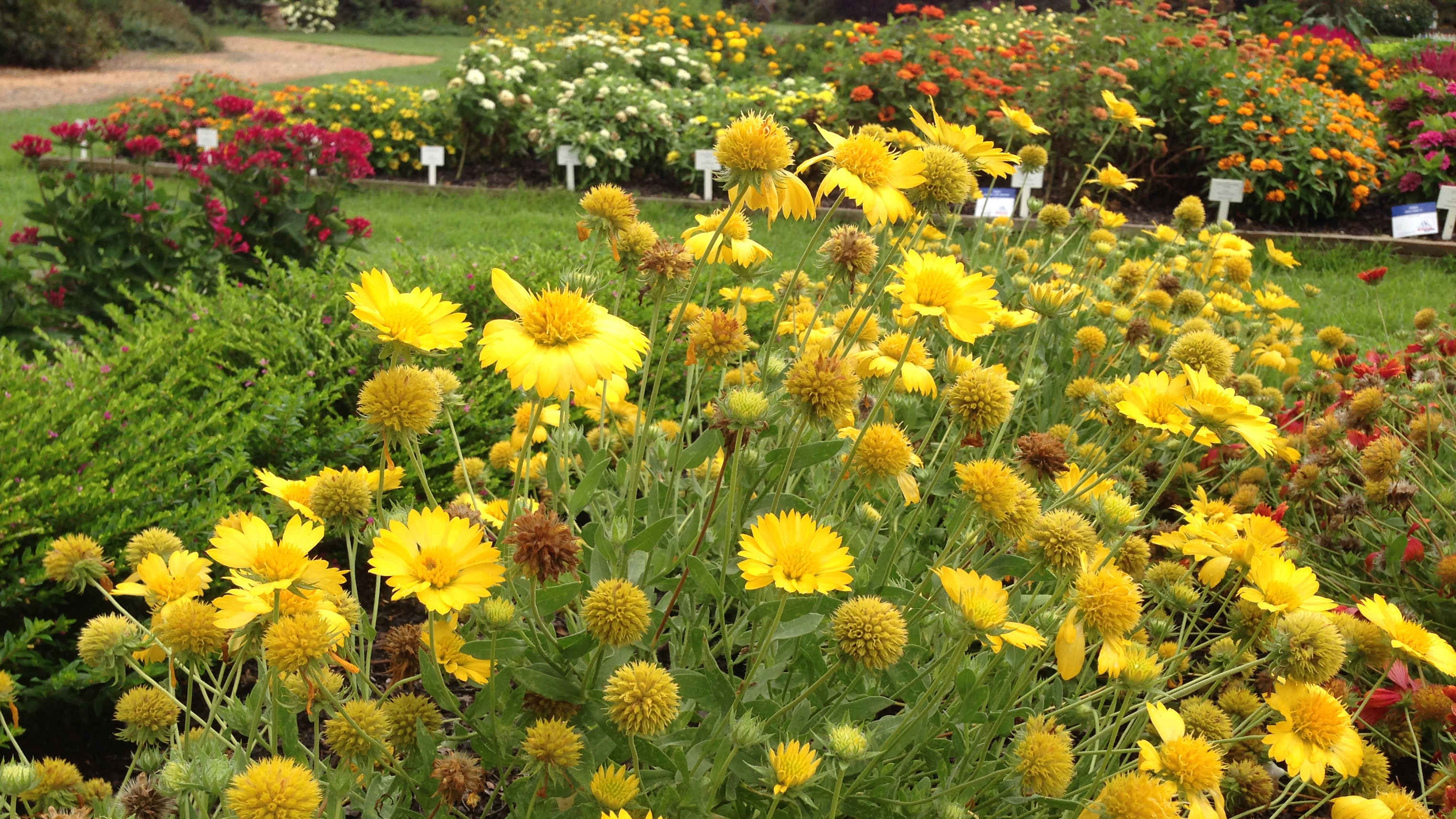
"Chasing New Knowledge among Perennial Change"
Janet DraperMary Livingston Ripley Garden Horticulturist, Smithsonian GardensWashington, D.C.
It is said that nothing remains the same except for change, and that is so true for the way we garden, the abundance of available information and even the purpose of a garden. Join us for a look back at these gradual changes and the thought leaders and technologies that have pushed us forward. Janet Draper has spent her career chasing information, only to discover that there is a huge difference between information and knowledge in the world of horticulture.
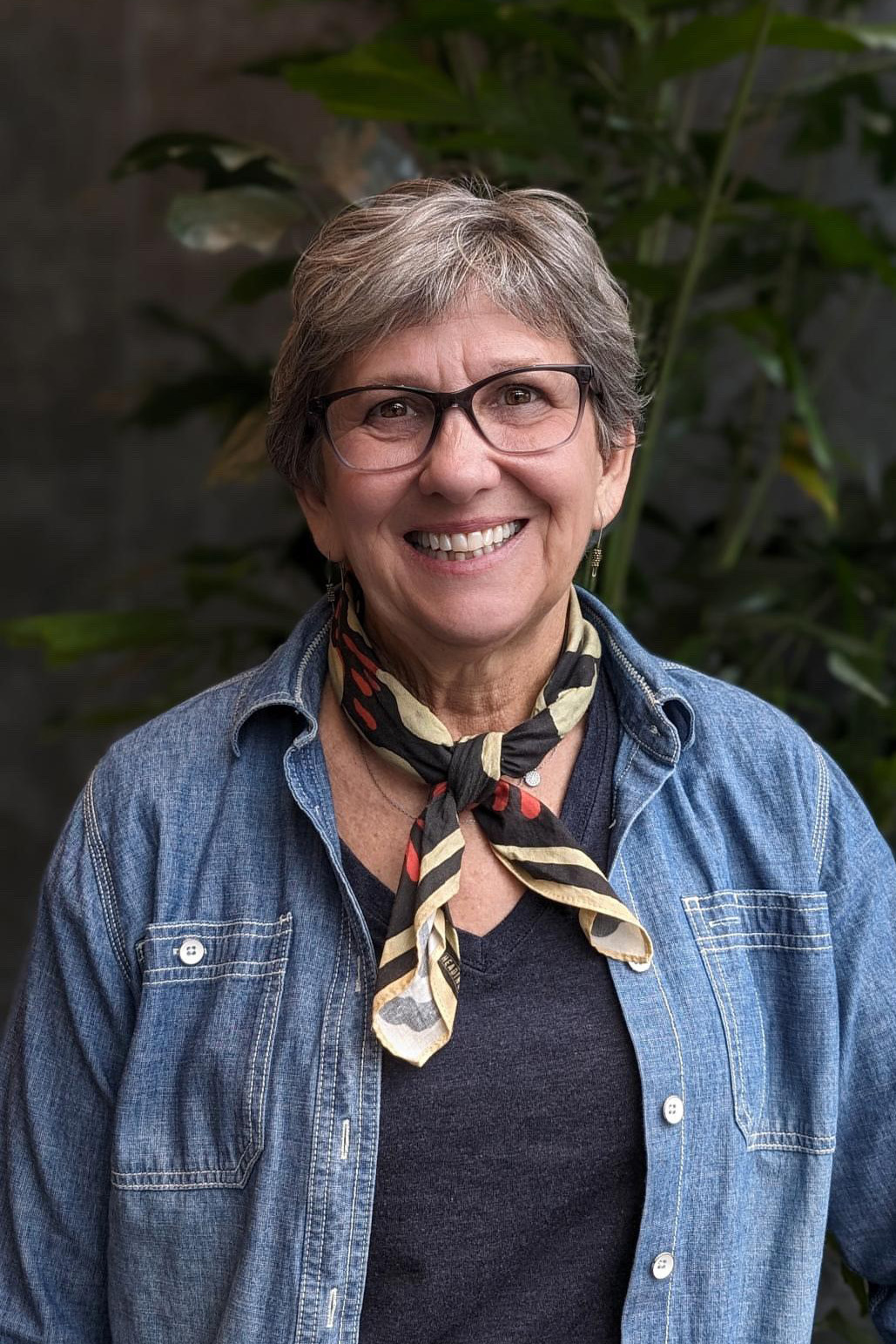
Janet Draper earned a degree in Horticulture from Purdue University, then spent the next ten years really learning through working in perennial nurseries in the U.S., Germany and England putting plants in little black plastic pots. Finally, she started putting plants in the ground and really seeing what they did through years of private estate work.
Over 25 years ago, she learned Smithsonian was hiring gardeners. What a change from working alone, to working in front of visitors from around the globe who stumble upon her playground, The Mary Livingston Ripley Garden on the National Mall. This wee sliver of a garden is open 24 hours a day and is jam packed full of amazing plants every season of the year. Janet is fortunate to make all planting choices in the garden and is always pushing to try something new.
Saturday Presentations
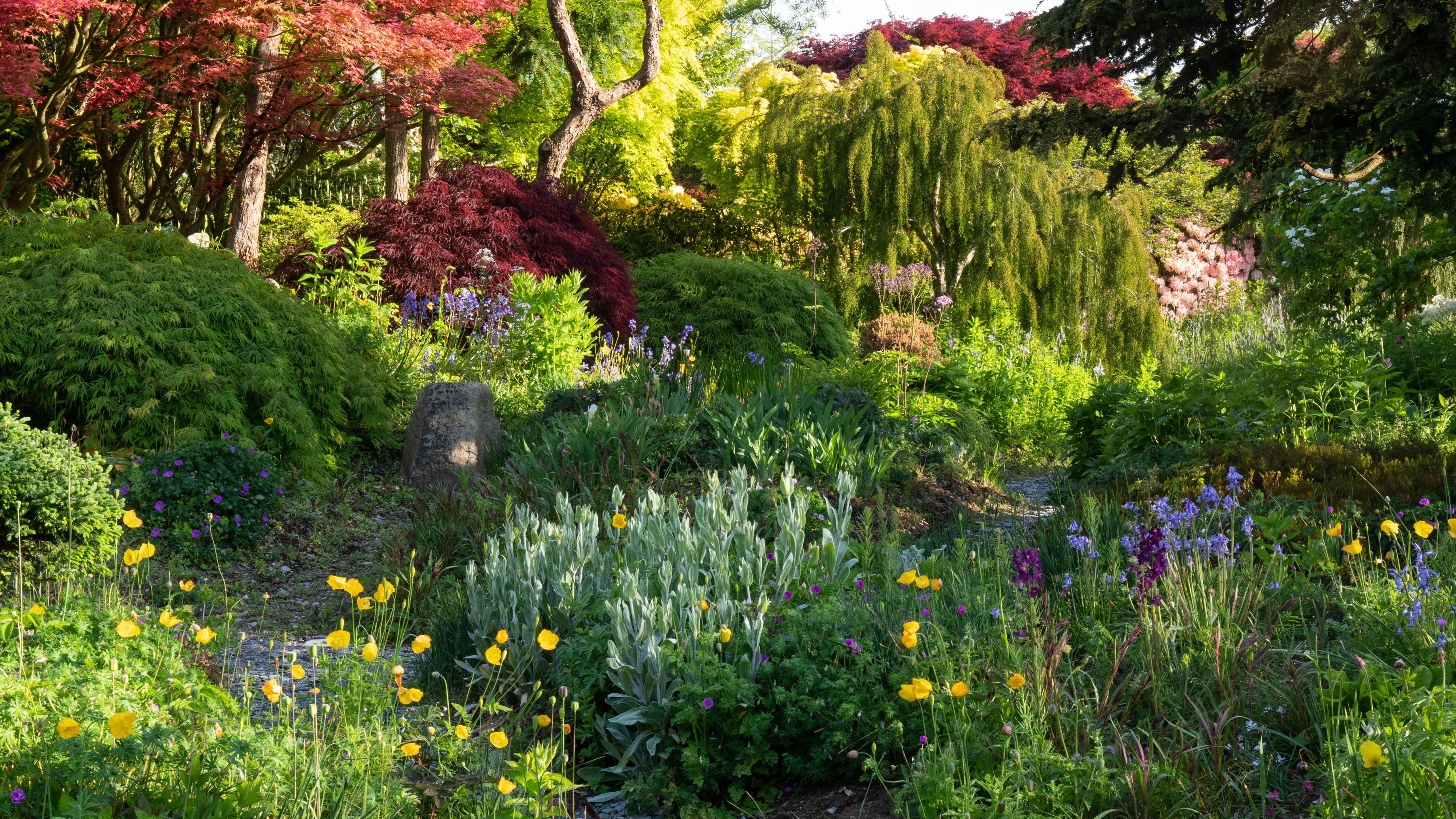 Photo courtesy of Dianne Giles
Photo courtesy of Dianne Giles
"Plant-welcoming Design: A New Approach to Naturalistic Garden-making"
Keith WileyAuthor and Gardener, WildsideDevon, England
Ecological planting has always been about choosing plants and plant communities that will thrive in your garden's conditions. But what if, by reshaping your land, you are able to offer favorable conditions for a far wider range of plants, and more interesting ways to display them?

Over 45 years gardening in Devon, England, Keith Wiley has evolved a style of gardening based on modifying natural landscapes from around the globe. The gardens he created have been described by national commentators as "the most exciting and innovative gardens in Britain today" and the best example of "leading-edge horticulture" in his home country.
Keith is a regular contributor to horticultural and lifestyle magazines and has appeared on many gardening television programs in the United Kingdom. Keith has written three books and has lectured widely all over the world.

"Garden Treasures from America's Grasslands: The Legacy of Claude Barr"
Jim LocklearDirector of Conservation, Lauritzen GardensOmaha, Nebraska
Claude Barr homesteaded a parcel of South Dakota prairie in 1910, hoping to make a living as a farmer. What transpired over the next 72 years is a remarkable story, culminating in a classic of American garden literature, Jewels of the Plains. Jim Locklear will profile the life of Claude Barr and the many native grassland wildflowers introduced to the gardening world through Barr's writings and his mail-order nursery.
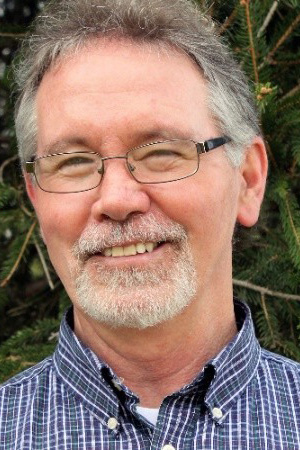
Jim Locklear is a botanist and horticulturist and has been Director of Conservation at Lauritzen Gardens in Omaha, Nebraska since 2010. Previously he was Director of the Nebraska Statewide Arboretum and the Dyck Arboretum of the Plains in Kansas. Jim is the author of Phlox: A Natural History and Gardener’s Guide (Timber Press; 2011) and the forthcoming In the Country of the Kaw: A Personal Natural History of the American Plains (University Press of Kansas; 2024). He served as editor of the revised edition of Claude Barr’s classic but long out-of-print Jewels of the Plains.
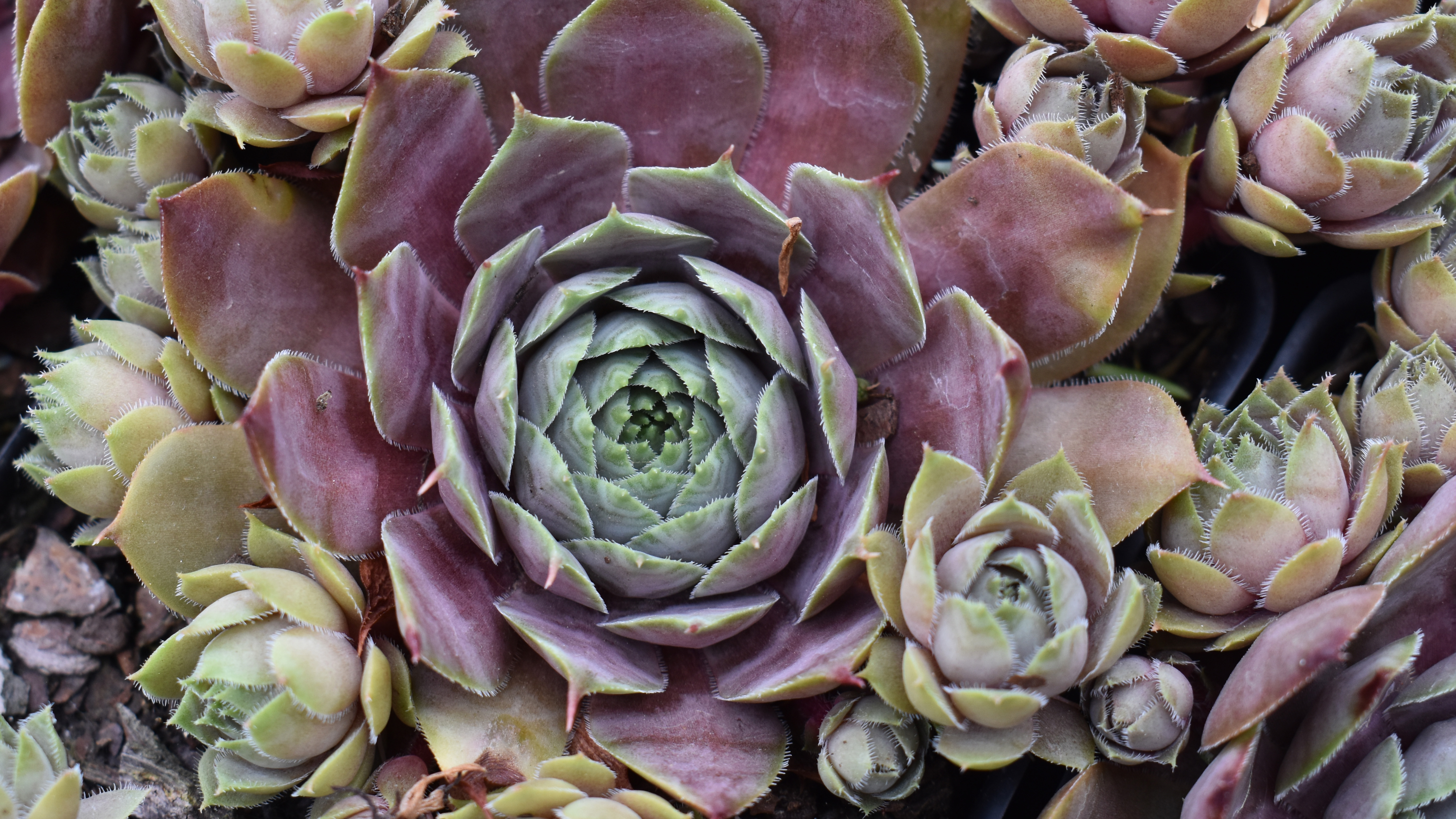
"Not Your Grandmother's Sempervivum"
Kevin VaughnAuthor and HybridizerSalem, Oregon
The succulent genus Sempervivum has approximately 50 species, centered in the European mountains, but also spread into the Atlas Mountains of Morocco in the west and the mountains of Iran and Turkey. Amazingly, all 50 species may be crossed to produce an F1 and many of these hybrids are themselves fertile. Although most are familiar with the green with purple tips S. tectorum, work by hybridizers has produced plants from ¼" to 16" in diameter and colors from gold to black. In addition, hairs on the leaf surface can give a velvety texture or, if the hairs are concentrated to the leaf tips, a "cobweb" is coalesced over the rosette surface. Most Sempervivum species increase by sturdy stolons but cultivars of S. heuffelii increase by crown division, forming very tight clumps; in the S. globiferum cultivars, the stolons are fragile and release the daughter rosettes, allowing them to roll away. Because of their easy culture, they have become favorites of gardeners of all ages and there is a choice of over 7,000 cultivars and species accessions for the gardener. They are easy pot plants but also choice residents of the rock garden and even as ground covers.

Kevin Vaughn has been hybridizing plants since age 9 (61 years!!) with work on irises, hostas, and Sempervivum being part of these early efforts. His curiosity about plant genetics led him to a pursue a Ph.D. in plant genetics, where he researched the genetics of variegation in Hosta. After graduate school, Kevin spent 30 years as a research cell biologist for the USDA in Stoneville, Mississippi where he investigated weeds and herbicides but also hybridized irises, daylilies, daffodils and Tradescantia.
After retirement in 2010, Kevin moved to Salem, Oregon to pursue hybridizing more aggressively and restarted his Sempervivum program as well as extending the iris, daffodil and dayliliy hybridizing. Presently over 200 varieties of plants have been introduced and more are being ramped into production each year. Besides his hybridizing work, Kevin has authored and co-authored three books on irises and one on Sempervivum.
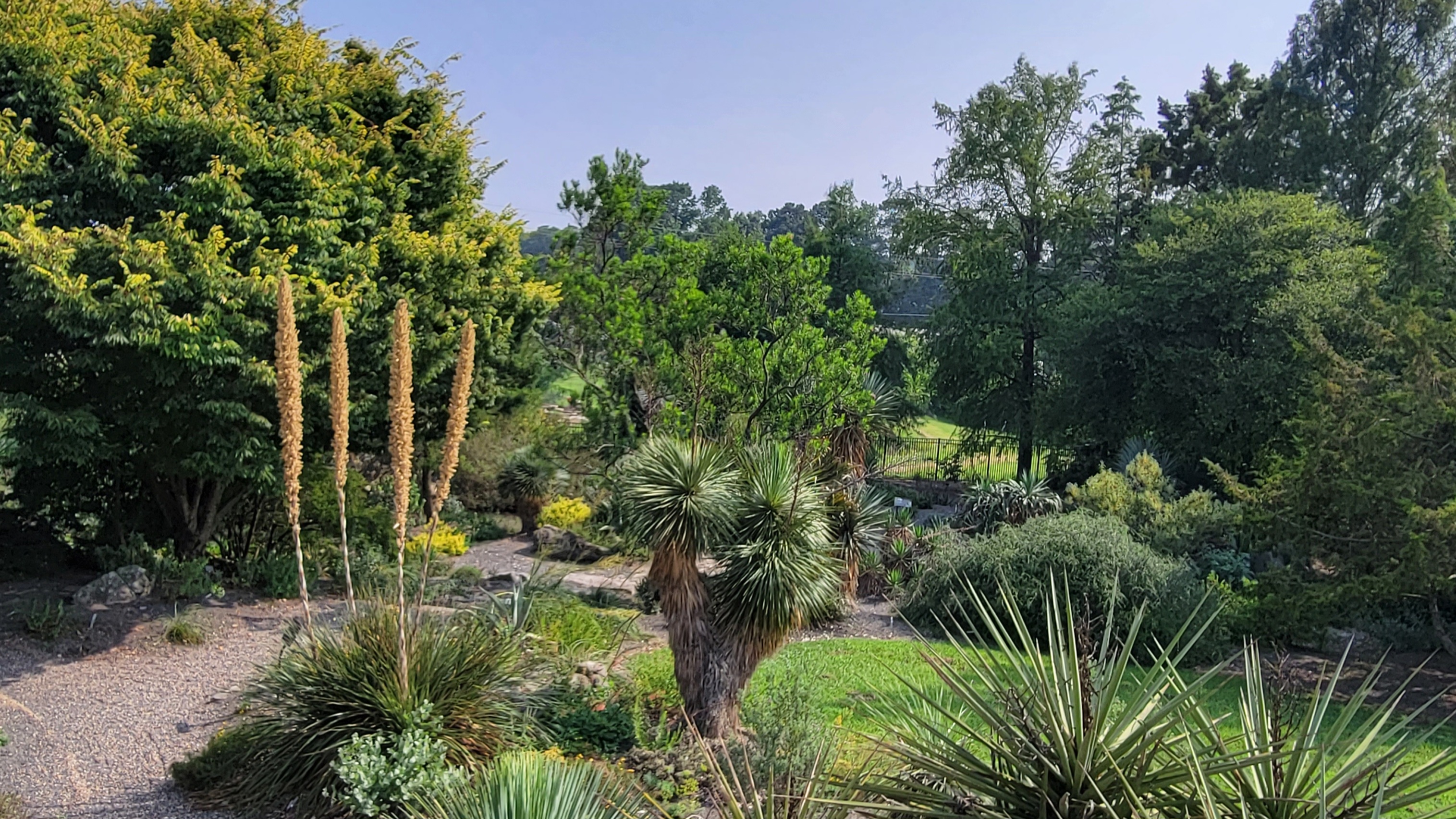
"Welcome to the Zone 8 Mafia: Musings from the Southern Garden Girl"
Dawn StoverStudy Leader and Agronomist, U.S. Department of Agriculture, Natural Resources Conservation ServiceNacogdoches, Texas
After a 25 year career in horticulture, Dawn Stover's passion for native plants blossomed into a career in natural resources conservation. She quickly learned that the same regional provenance issues that plague southern gardeners is current in large scale land restoration projects as well. As the horticultural world trends more toward naturalistic landscapes, and wildlife and pollinator gardens continue to remain on-trend, heat and humidity tolerant native plant options for southern gardeners are hard to find. Join Dawn as she navigates through the open-pine forests of East Texas on the hunt for natives with ornamental potential.
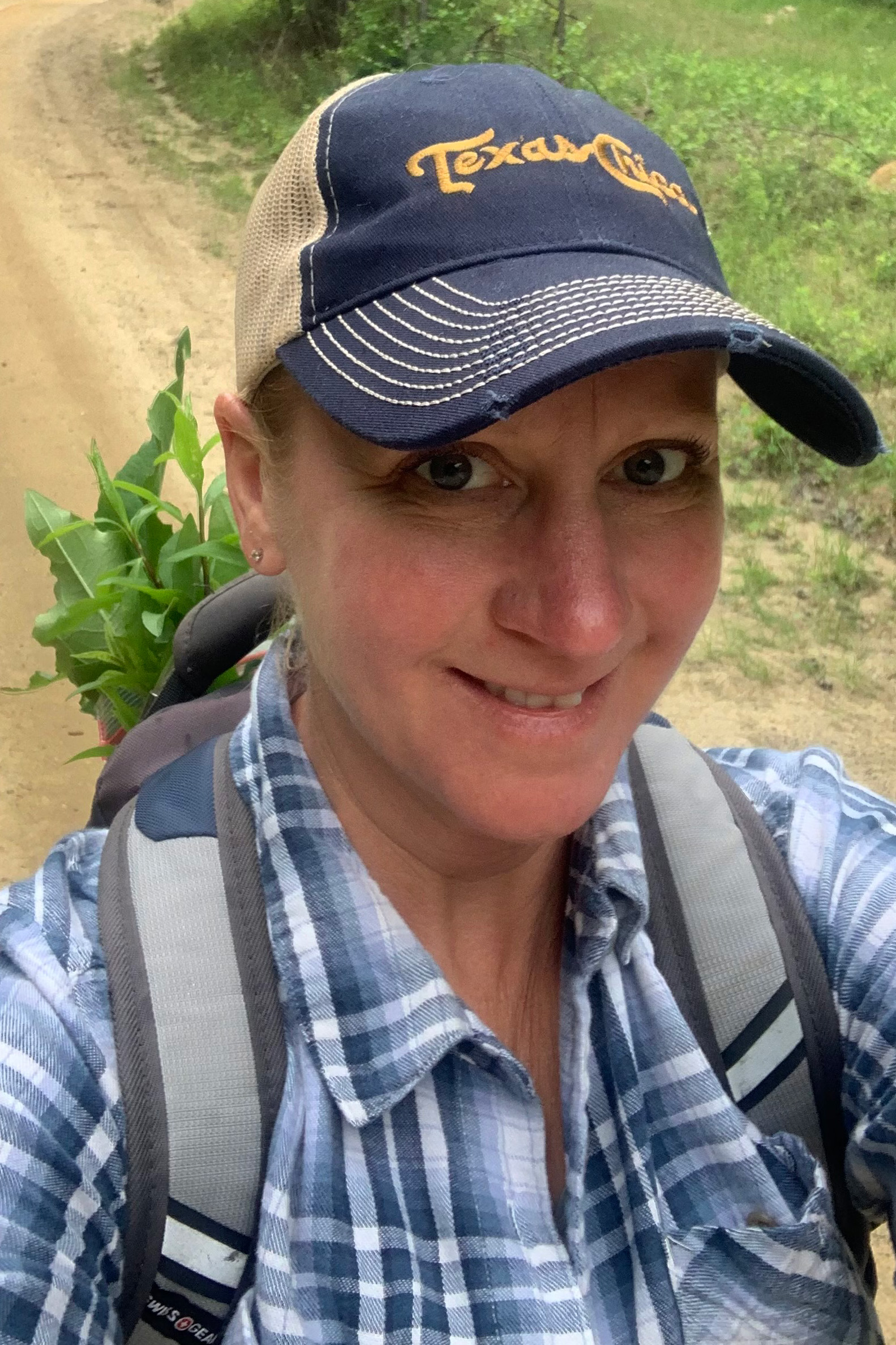
Dawn Stover joined the USDA Natural Resources Conservation Service in November of 2021 as the study leader and agronomist at the East Texas Plant Materials Center in Nacogdoches, TX. She is currently working on germplasm adaptation trials, conservation plant releases and seeding rate studies to benefit landowners and land managers in the Western Coastal Plain.
Prior to her current service, Dawn spent more than two decades as a Research Associate at Stephen F. Austin State University where she developed an extensive program to collect, propagate, display and distribute plants native to the Pineywoods of East Texas. She has extensive greenhouse and nursery experience and a focus on growing plants that are beneficial to pollinators. She enjoys sharing her knowledge and experiences with the public through talks, tours and in-person demonstrations, and was responsible for elevating the biannual plant sales for a successful regional event.
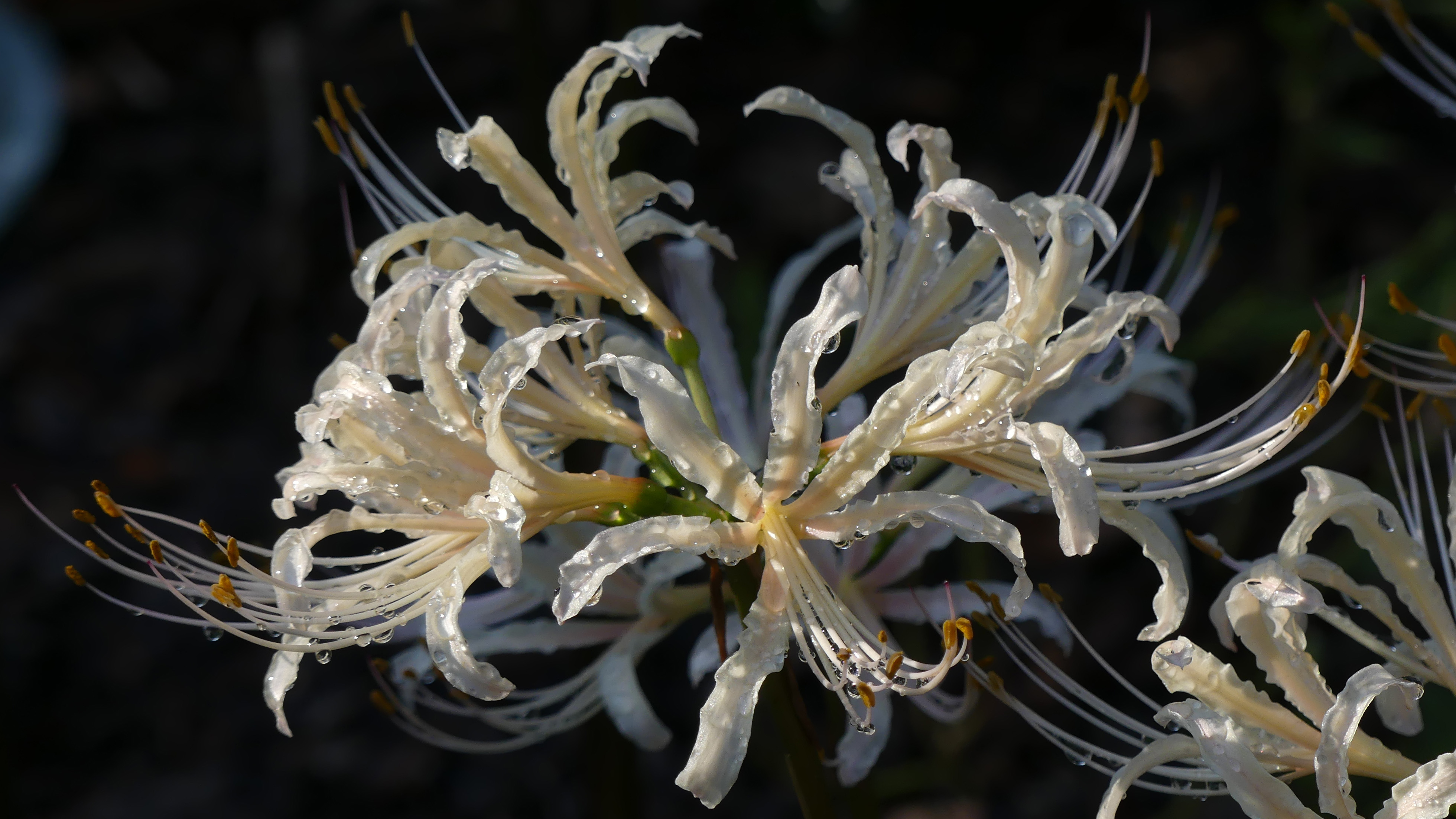
"Surprise, Surprise, Surprise — The Magical World of Lycoris"
Tony AventFounder of Plant Delights Nursery and Juniper Level Botanic GardenRaleigh, North Carolina
Lycoris is an amazing group of summer-flowered amaryllids, of which only a few cultivars are widely known. JLBG hosts the worlds largest collection of over 1000 selected clones, so we’ll explore everything from its thoroughly confusing taxonomy to its garden history and culture.
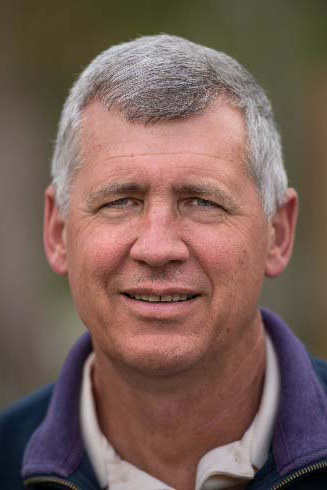
Tony Avent is the owner of Plant Delights Nursery and Juniper Level Botanic Garden in Raleigh, North Carolina, both being based on extensive field research, educational outreach, and conservation. Not only has Tony completed 60 international and southeastern United States botanical expeditions, but he is a popular freelance garden writer and lecturer (over 640 lectures since 1990). He is also a prolific hosta breeder.
Tony serves on many committees, including the USDA-ARS Hardiness Zone Map Revision Advisory Committee, North Carolina Department of Agriculture Plant Conservation Scientific Committee, and the Woody Plant Advisory Committee. He's a contributing editor for Horticulture magazine and was an invited participant in the St. Louis Summit, a workshop on linking ecology and horticulture to prevent plant invasions.
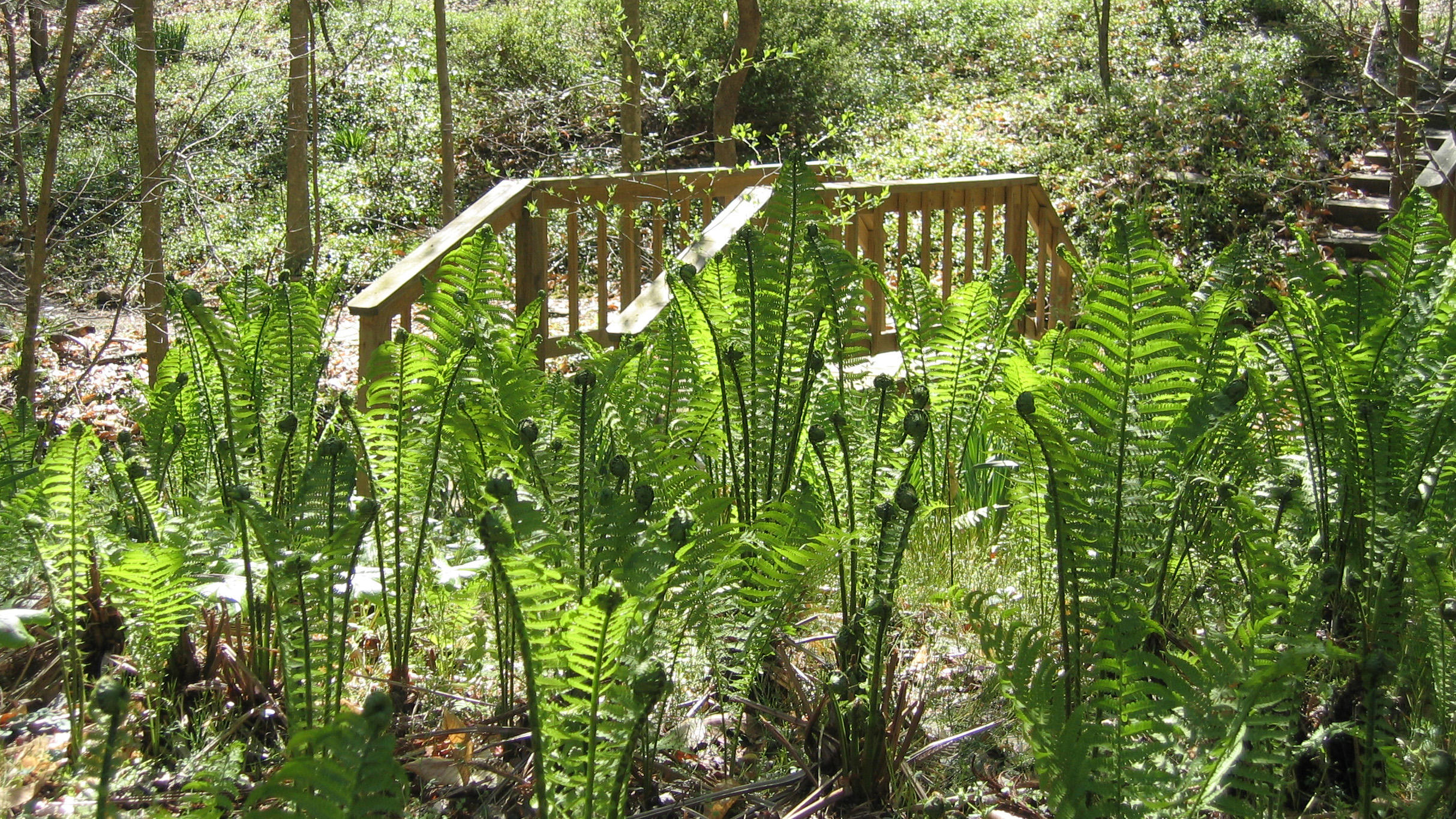
"That's No Place for Ferns! Sun-loving Ferns for Southeastern Landscapes"
Patrick McMillanHorticulturist, Downtown Cary ParkCary, North Carolina
We think of ferns being denizens of moist, cool and shaded locations. This is not the case for a large number of sun-loving, drought tolerant ferns that make stunning additions to the garden. We will explore the strange adaptations such as fuzzy fronds and desiccation tolerance that have allowed ferns to make forays into the driest of habitats and how we can best accommodate their needs to include their unusual and remarkable forms in our home landscapes. Rock gardens are perfect locations for many species but there are a surprising number of ferns that will tolerate or thrive in sunny locations in your perennial border as well.
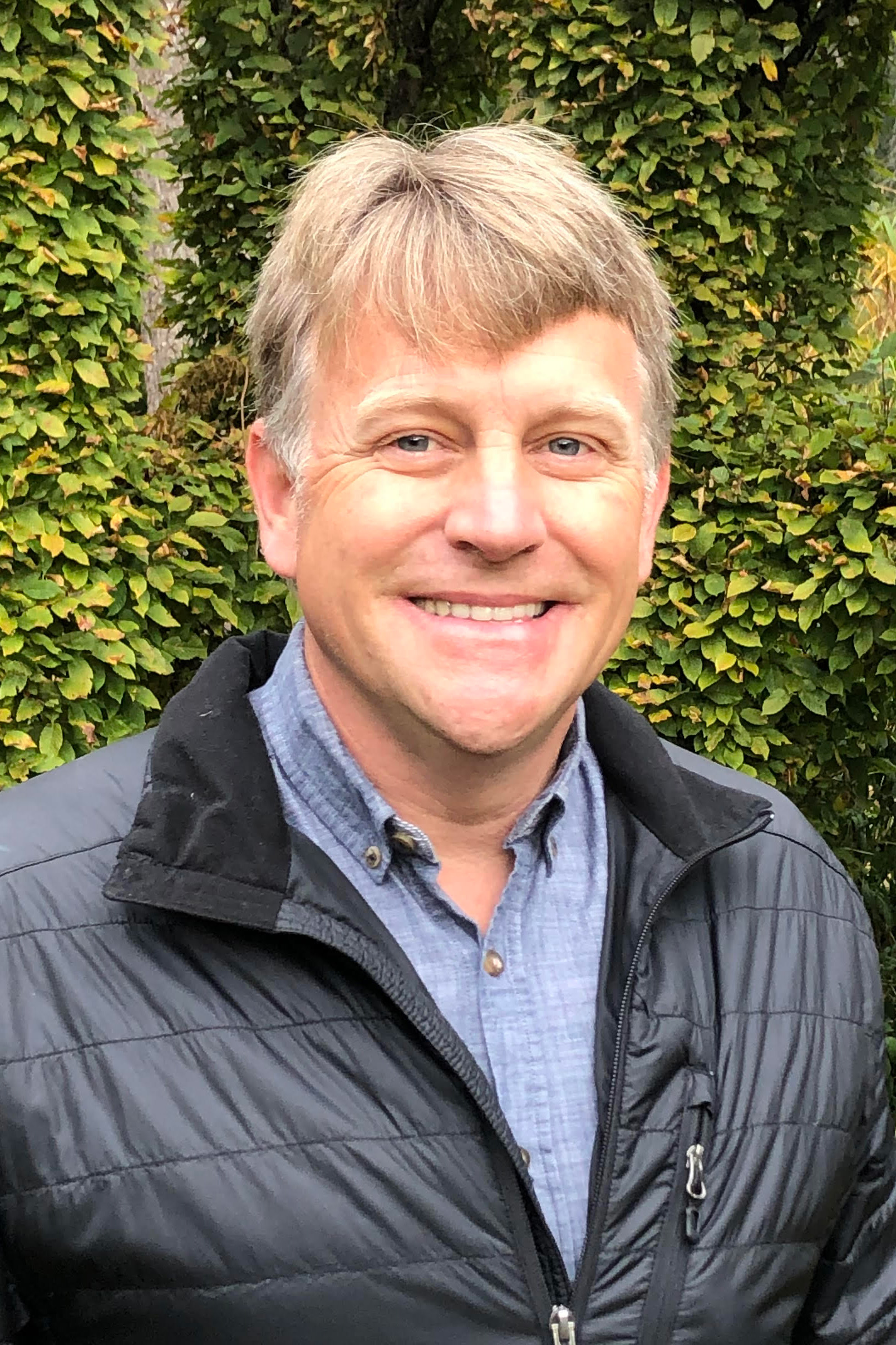
Patrick McMillan is a lifelong gardener and the horticultural manager at Juniper Level Botanic Garden. Patrick received his B.S. in biology from the University of North Carolina, Chapel Hill, and his Ph.D. in biological sciences from Clemson University. He is perhaps best known as the Emmy Award-winning host, co-creator and writer of the popular ETV nature program Expeditions with Patrick McMillan.
For over 30 years, Patrick has worked as a professional naturalist, biologist and educator. His range of experience has concentrated on botany, though he is also well-respected through his work in ichthyology, herpetology and mammalogy. Patrick is a professional naturalist and served as the Glenn and Heather Hilliard Professor of Environmental Sustainability at Clemson University, the director of the South Carolina Botanical Garden, the director of Heronswood Garden in Kingston, Washington and the Director of Horticulture at the Juniper Level Botanic Garden.
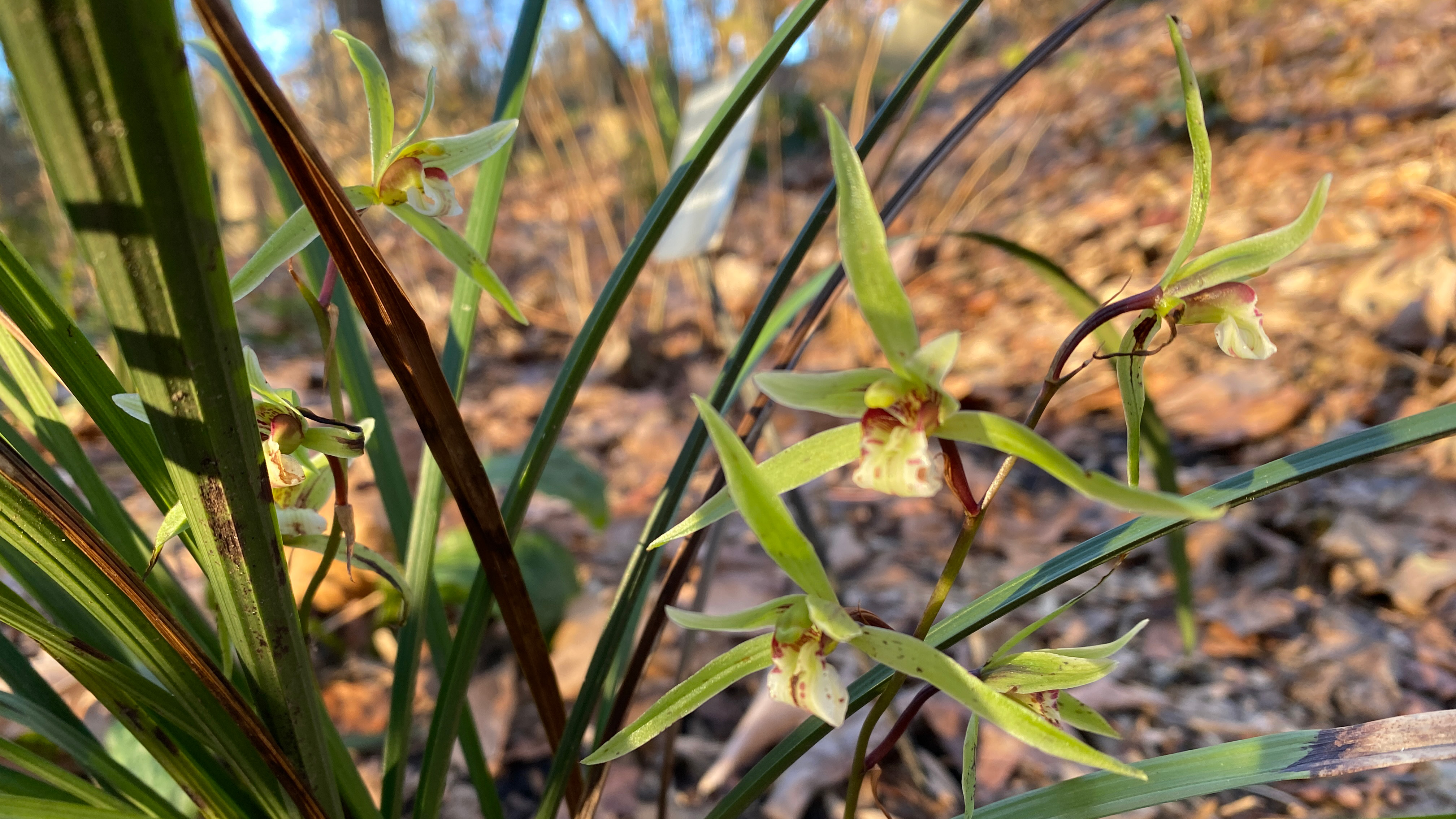
"Orchid Dreams"
Amanda BennettVice President, Horticulture and Collections, Atlanta Botanical GardenAtlanta, Georgia
We had no idea what 2020 would bring. Excitement eclipsed all other emotions as we realized we were on the brink of something unprecedented for the Atlanta Botanical Garden. The full scale development of a hardy orchid collection. The stuff of horticultural dreams in the midst of a global pandemic. Then, two polar vortexes in the four years since. Where did we start? What have we planted? What did we learn? And what are we working on now? It's still the stuff of horticultural dreams.
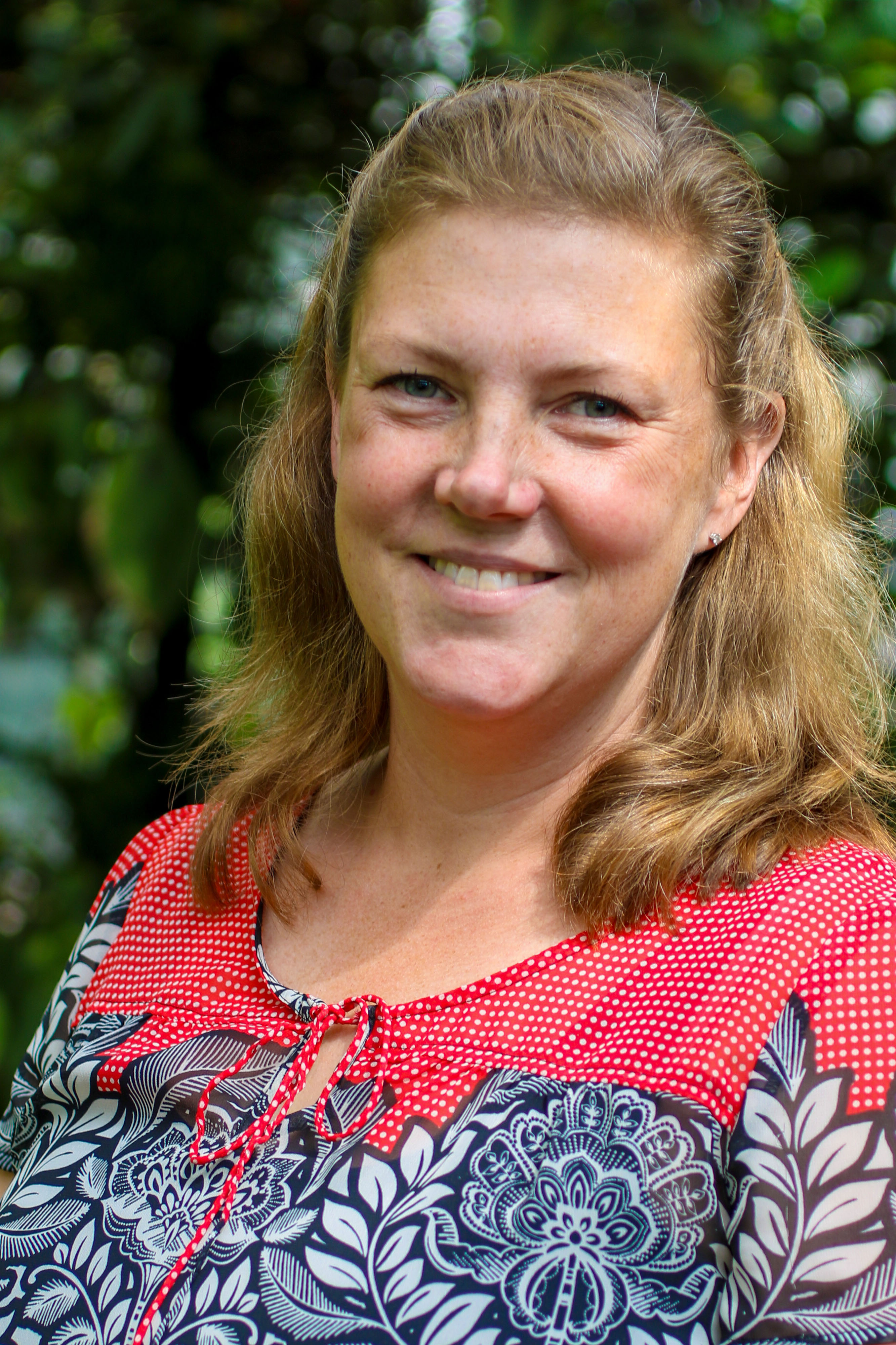
Amanda Bennett joined the Atlanta Botanical Garden in 2002 as a horticulturist and three years later was named its Manager of Display Gardens. As Vice President of Horticulture and Collections, Amanda oversees the development and enhancement of the ABG's prestigious collections of both indoor and outdoor plants managed by 35 professional horticulturists. In addition, she oversees the landscape design and continued execution of the master plan of 30 acres of gardens as well as displays in the Fuqua Conservatory and Orchid Center. She also participates in the development and installation of special exhibitions, ensuring that horticulture enhances and complements the garden's recurring art installations.
Amanda also has written in and been cited frequently for local and national publications, as well as being featured on local and national television. She has written for publications such as Garden Design Magazine and The Cactus & Succulent Journal, as well as appearing in The New York Times, Garden Smart, Walter Reeves and The Weather Channel among other media outlets.
A native of Madison, Georgia, Amanda received her bachelor's degree in horticulture at the University of Georgia and completed an internship at Chicago Botanic Garden before joining ABG.
Speakers
Registration
Registration fees for in-person, on-site attendance include Friday and Saturday presentations, networking breaks, lunch on Friday and Saturday, and access to presentation recordings post symposium. Online registration includes a live stream of Friday's and Saturday's presentations and access to recordings post symposium.
The Friday evening dinner presentation is optional and requires an additional registration fee. To attend, select the dinner and presentation option during registration. Additional guests can be added for Friday's dinner presentation during registration.
Early Registration, In-Person Attendance (ends Sunday, May 5, 2024): $250.00.
Regular Registration, In-Person Attendance (Monday, May 6 through Sunday, June 2, 2024): $300.00.
Late Registration, In-Person Attendance (Monday, June 3 through Thursday, June 6, 2024): $350.00.
Optional Friday Evening Dinner Presentation: $80.00.
Online Attendance Registration: $200.00.
Registration for In-Person Attendance Registration for Online Attendance
Cancellations must be requested before May 24, 2024. Refund requests received before May 24, 2024 will be processed minus a 15% cancellation fee. After May 24, 2024, there will be no refunds for cancellations, no-shows or unused registrations or dinner registrations.
Student Scholarships
Thanks to the generosity of Ball Horticultural Inc. and Healy Horticulture, the JC Raulston Arboretum and Juniper Level Botanic Garden are pleased to offer 12 student scholarships to this year's Southeastern Plant Symposium.
Applicants must be actively working towards a degree (associate's, bachelor's or graduate level) or have graduated with a degree in 2024. Scholarships cover the full cost of the symposium including Friday's dinner presentation and one night accommodations in the conference hotel (if coming from out of town). The application deadline is May 19, 2024.
2024 SEPS Student Scholarship Application
Sponsors
Sponsorship opportunities are available for the annual Southeastern Plant Symposium hosted by the JC Raulston Arboretum and Juniper Level Botanic Garden. Interested or have questions? Contact Amy Beitzel at amy_beitzel@ncsu.edu or 919-515-1680.
Events like this innovative symposium are only possible through the support of our fellow horticulturists. We hope that you will consider sponsoring the symposium so that we can continue sharing the endlessly exciting discoveries in the world of plants. Proceeds support the mission of the JC Raulston Arboretum and the Juniper Level Botanic Garden Endowment.
Become a Sponsor
Our thanks to these sponsors who provide their generous support to the Southeastern Plant Symposium. Check back as new sponsors are added.
Friday Dinner Sponsor
Keynote Speaker Sponsors
Break Sponsor
Student Scholarship Sponsor
Location
The host hotel for the Southeastern Plant Symposium is the Hilton Raleigh North Hills, located at 3415 Wake Forest Road, Raleigh, NC 27609.
All presentations on Friday and Saturday will take place at the hotel as well as the Friday evening dinner and presentation.
Hotel Reservations
Book Your RoomTo make your reservation, please visit Hilton Raleigh North Hills Hotel's Web site.When making a reservation using the link above, our group name is already applied.
Attendees can also book their reservation by calling 1-800-HILTONS to reach a reservations agent. When calling to book a reservation, it is extremely important to reference the Group Code "24SEPS" and specify the dates to ensure the reservation is at the group rate.
Please note that our group rate expires on Friday, May 10, 2024.
Continuing Education Credits
NC Landscape Contractors' Licensing Board
The North Carolina Landscape Contractors' Licensing Board (NCLCLB) has approved this symposium to provide continuing education for landscape contracting under N.C.G.S. 89D.
Both in-person and online attendees are eligible for 5 total landscape credit hours. Online participants will be required to attend the live presentations to receive credit. No credit will be given for watching recordings after the event.
North Carolina Board of Landscape Architects
We have applied for continuing education credits with the North Carolina Board of Landscape Architects (NCBOLA) and will update this page with the details when a decision has been made.
Rare Plant Auction
The accompanying Rare Plant Auction has already reached legend status in the industry, and this Rare Plant Auction is going to be our biggest and best auction to date. When the auction goes live on Friday, we'll have over a hundred plants ready for bidding. Plants will be added as we get them, including the days of the Southeastern Plant Symposium itself, so make plans to check the auction listings each day. Because when cool plant people get together, they share cool plants!
Auction proceeds benefit the JC Raulston Arboretum and the Tony & Anita Avent Juniper Level Botanic Garden Endowment. Funds supporting the JC Raulston Arboretum are managed by the North Carolina Agricultural Foundation, Inc., a 501(c)3 nonprofit, Tax ID 56-6049304.
Questions
Contact the JCRA Education Team at jcraprograms@ncsu.edu for more information about registration, presentations and other symposium information.

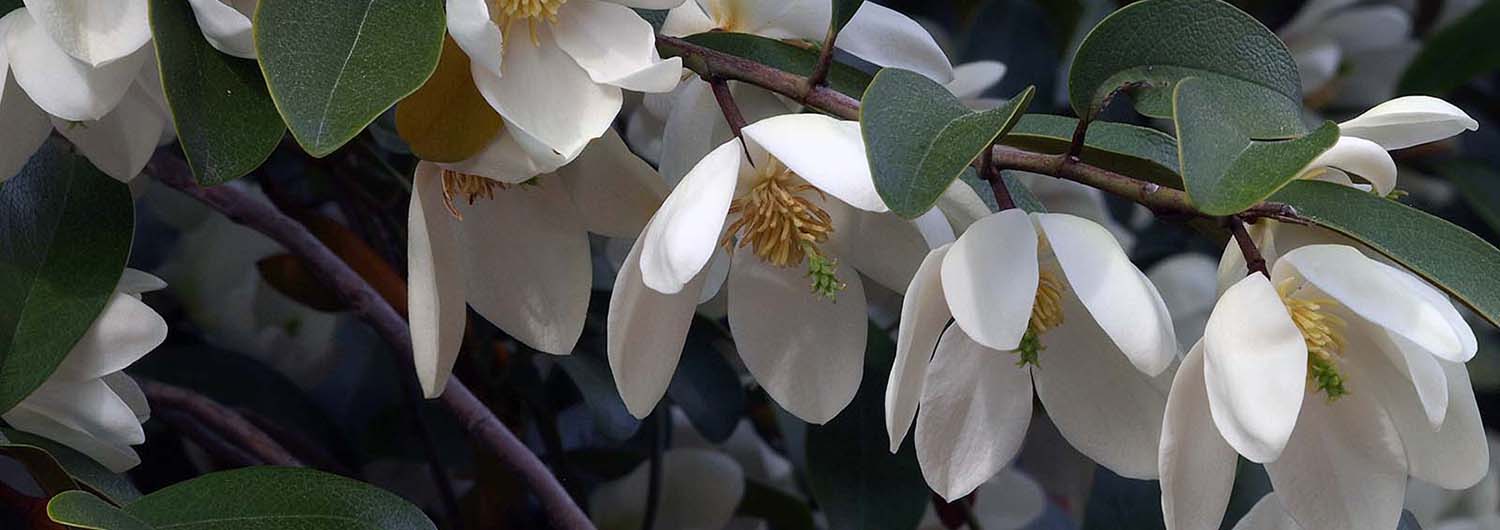
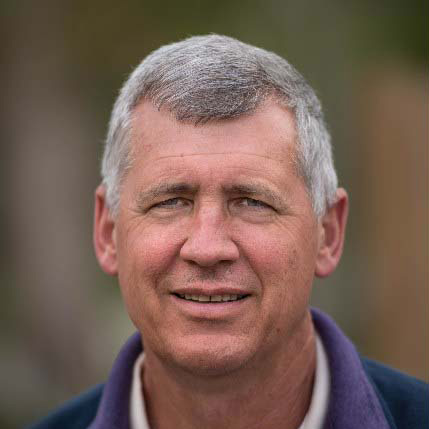
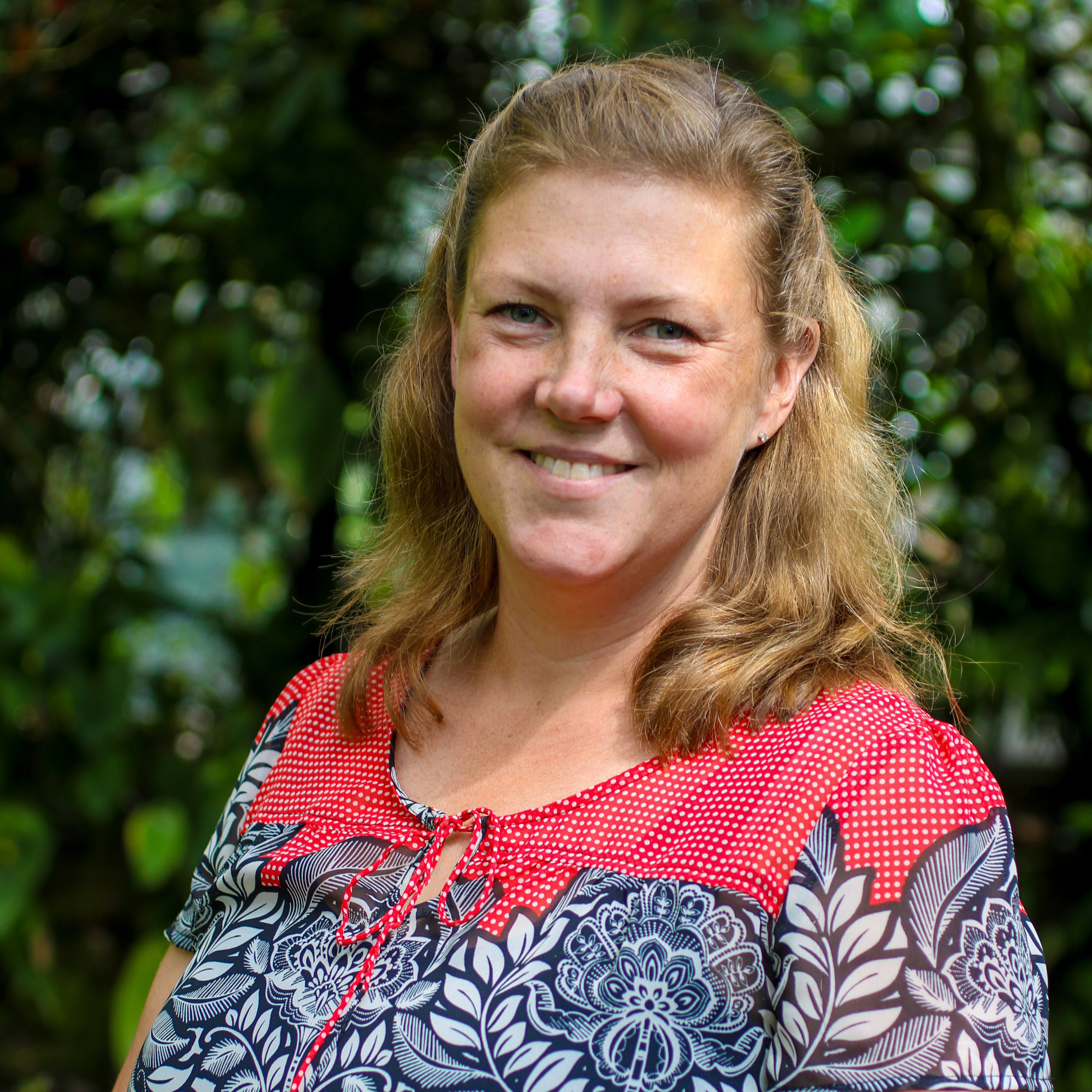

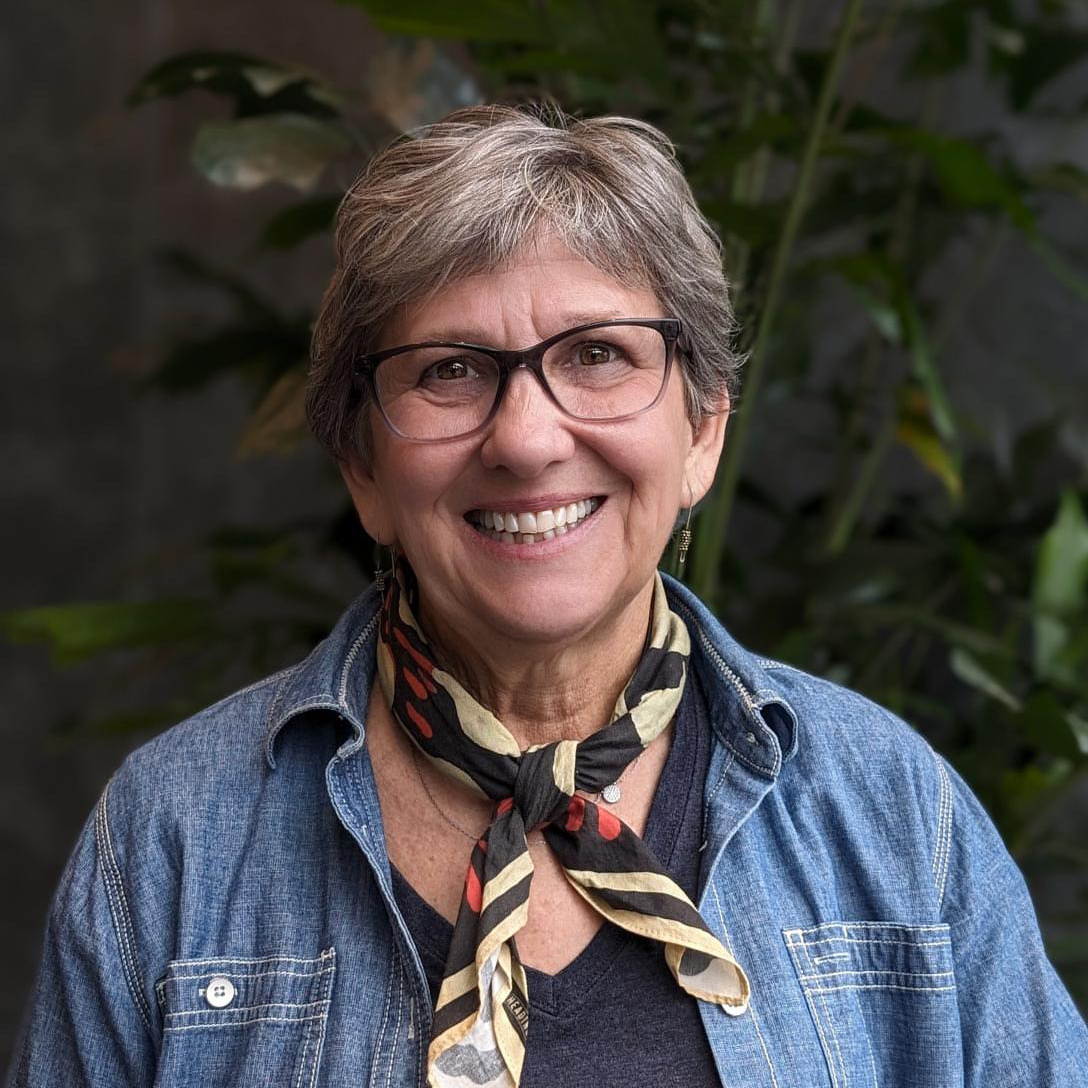

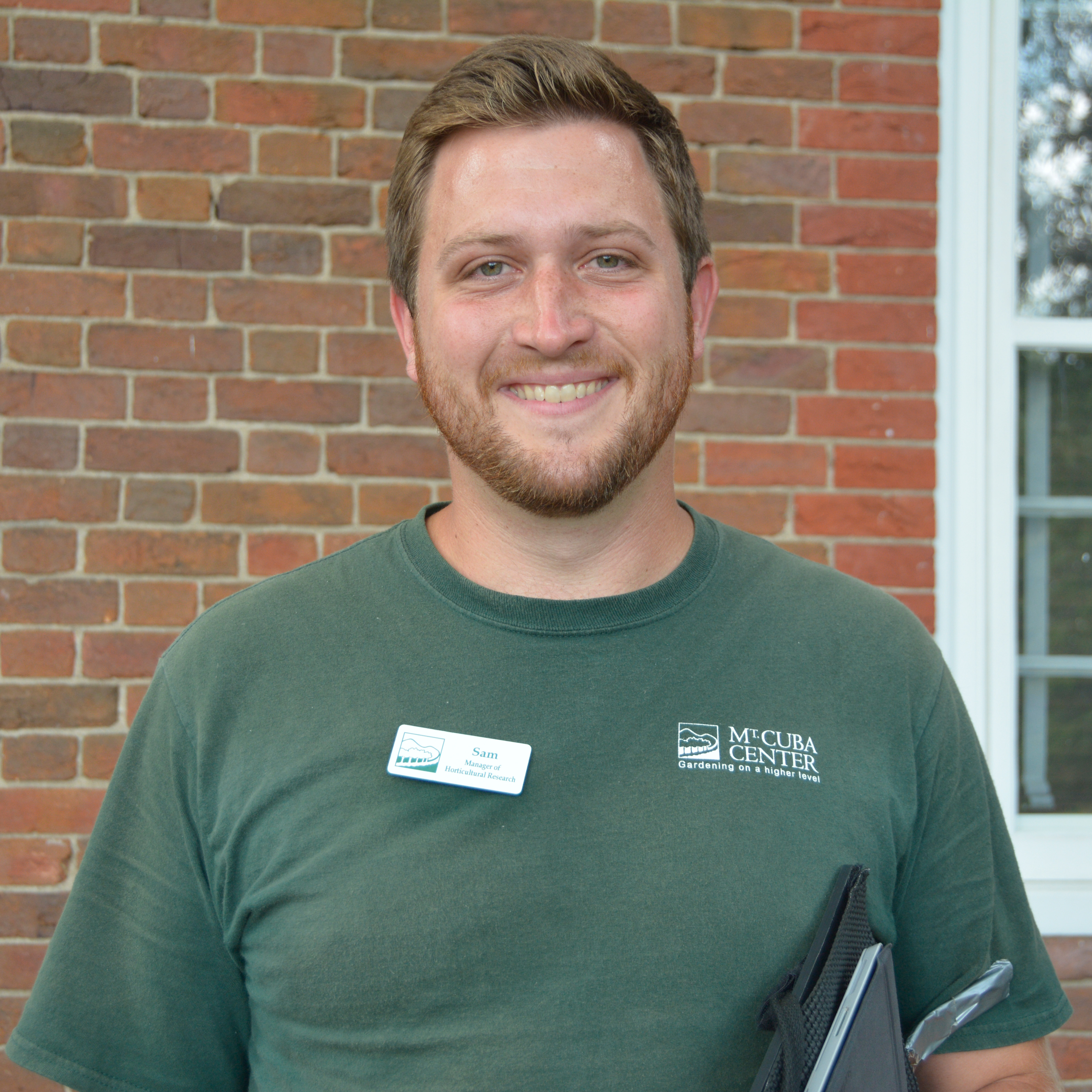

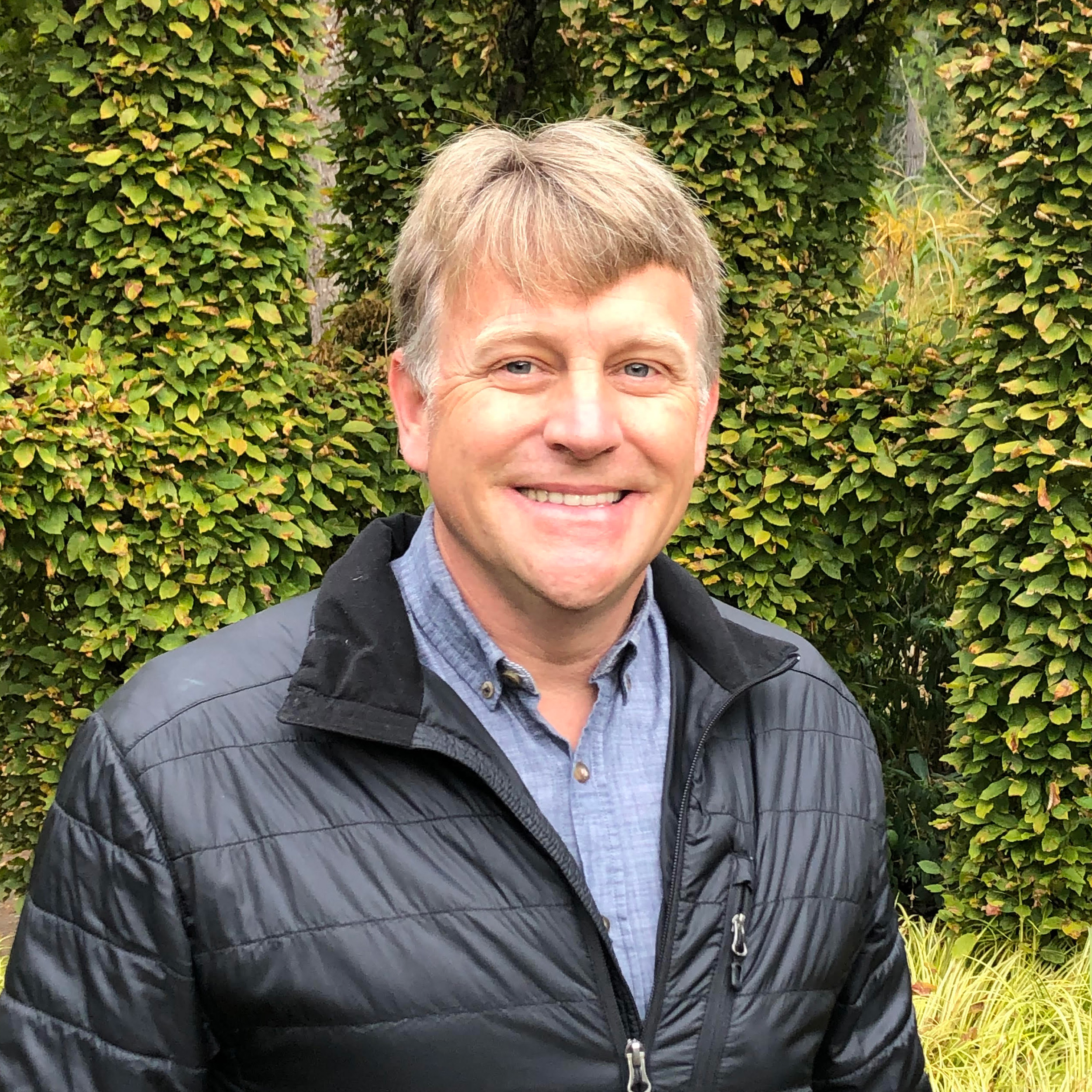
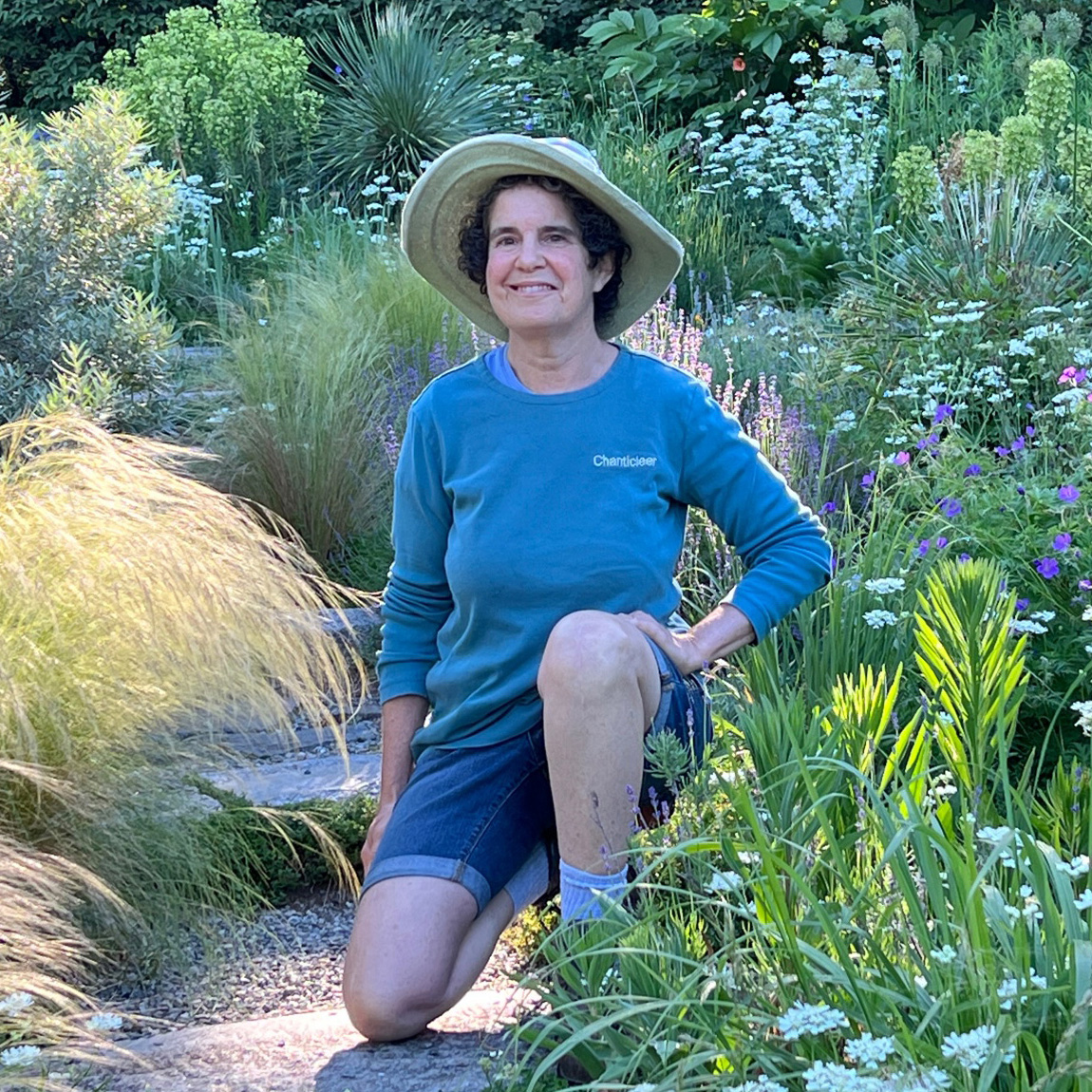
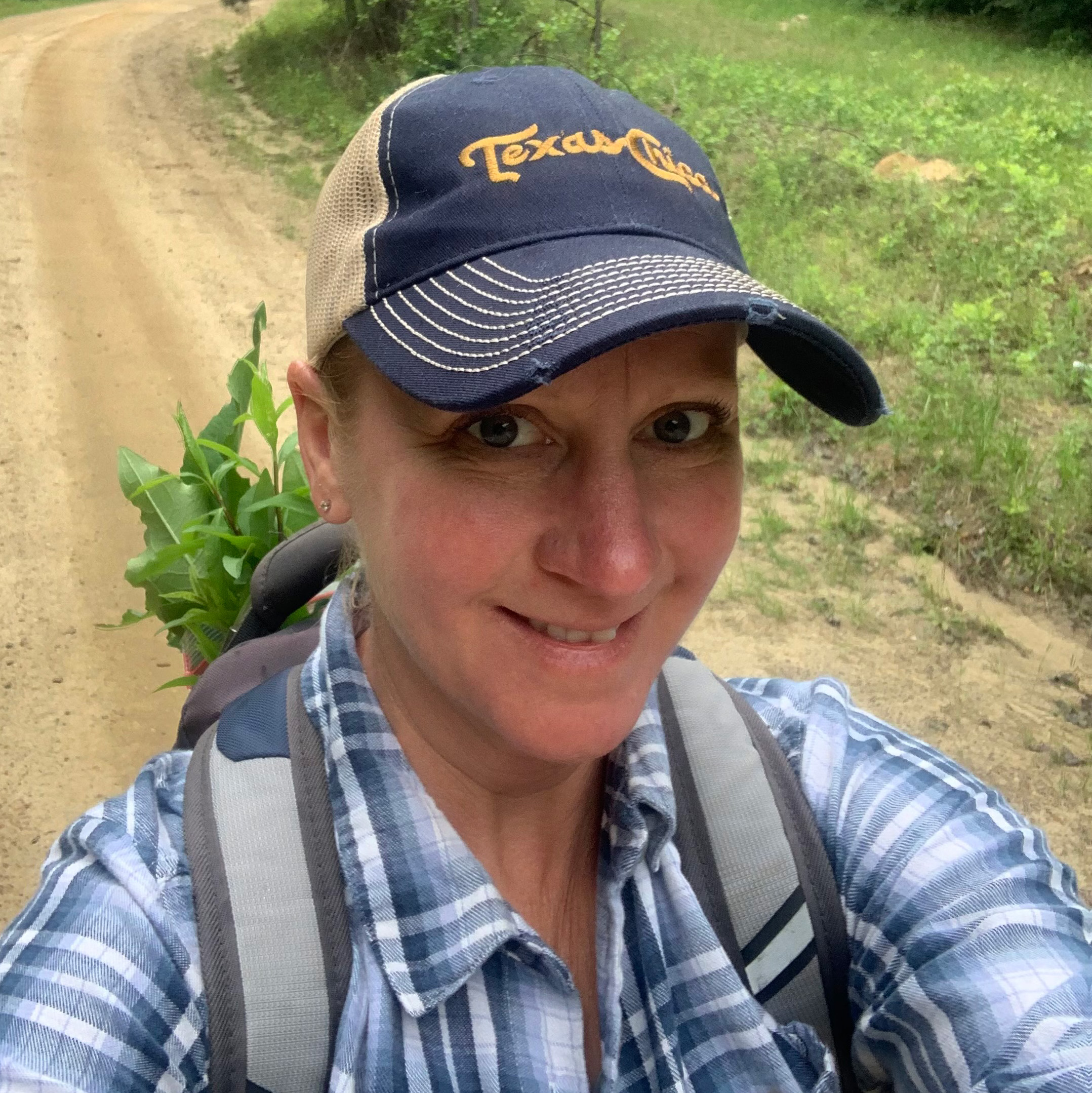


.jpg)

.png)
